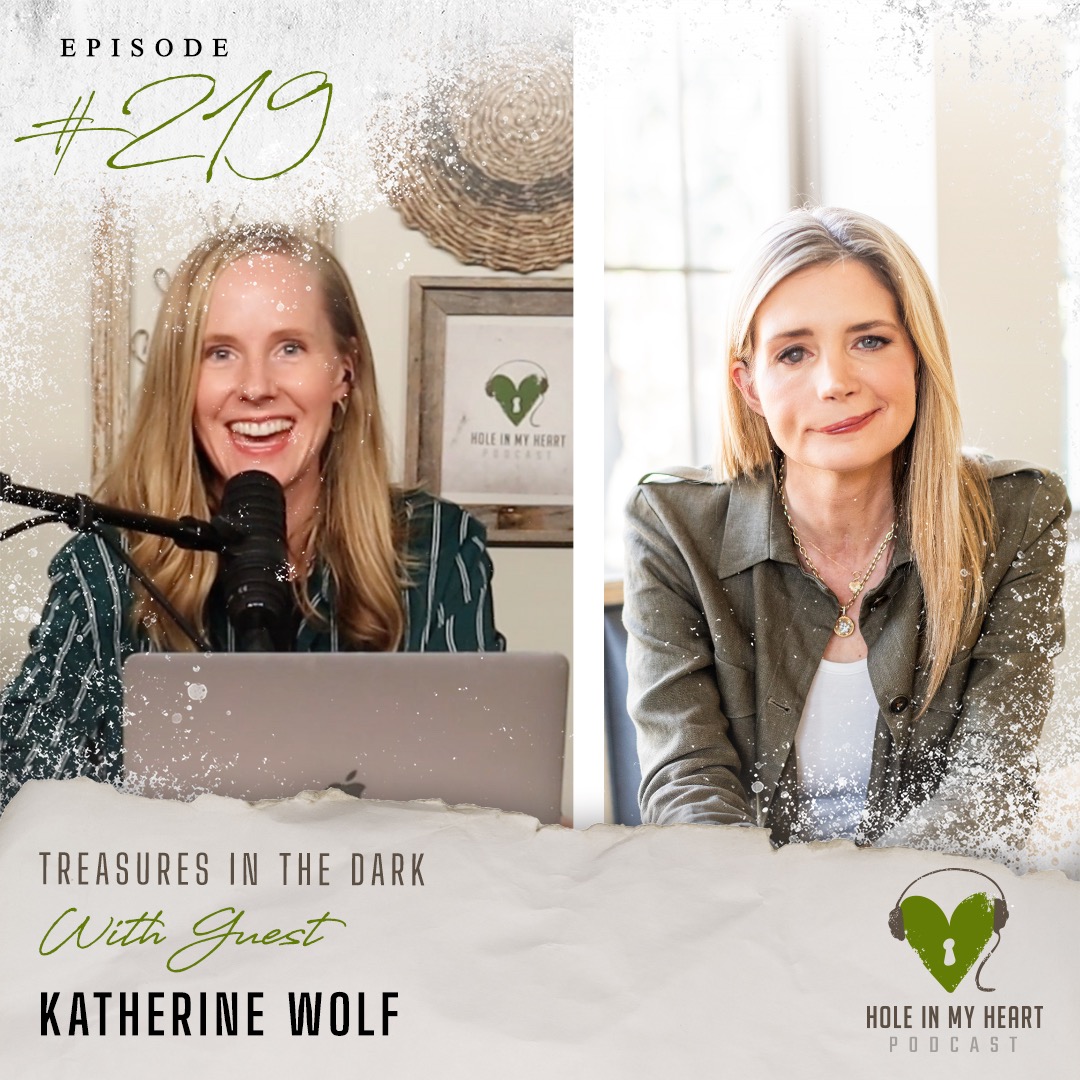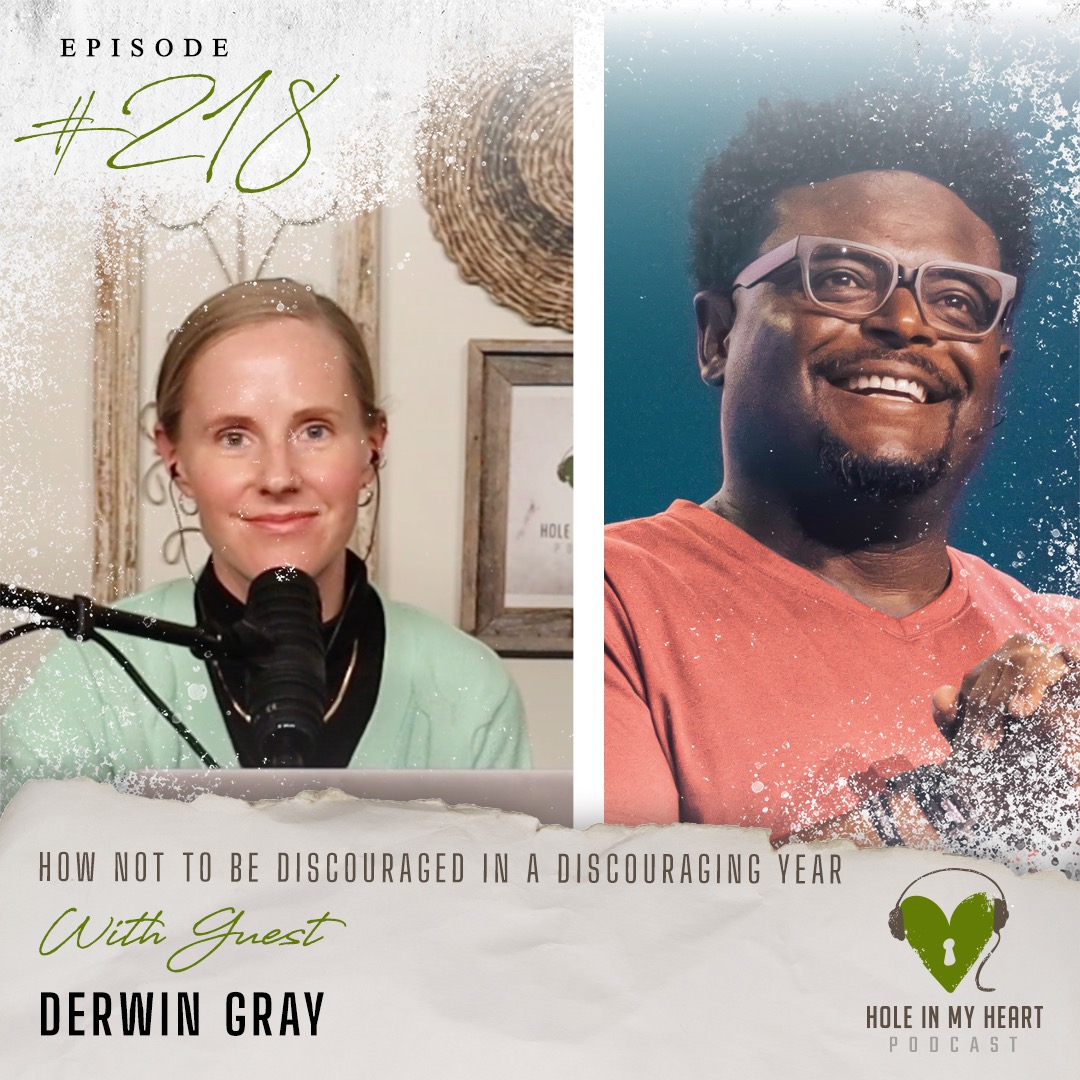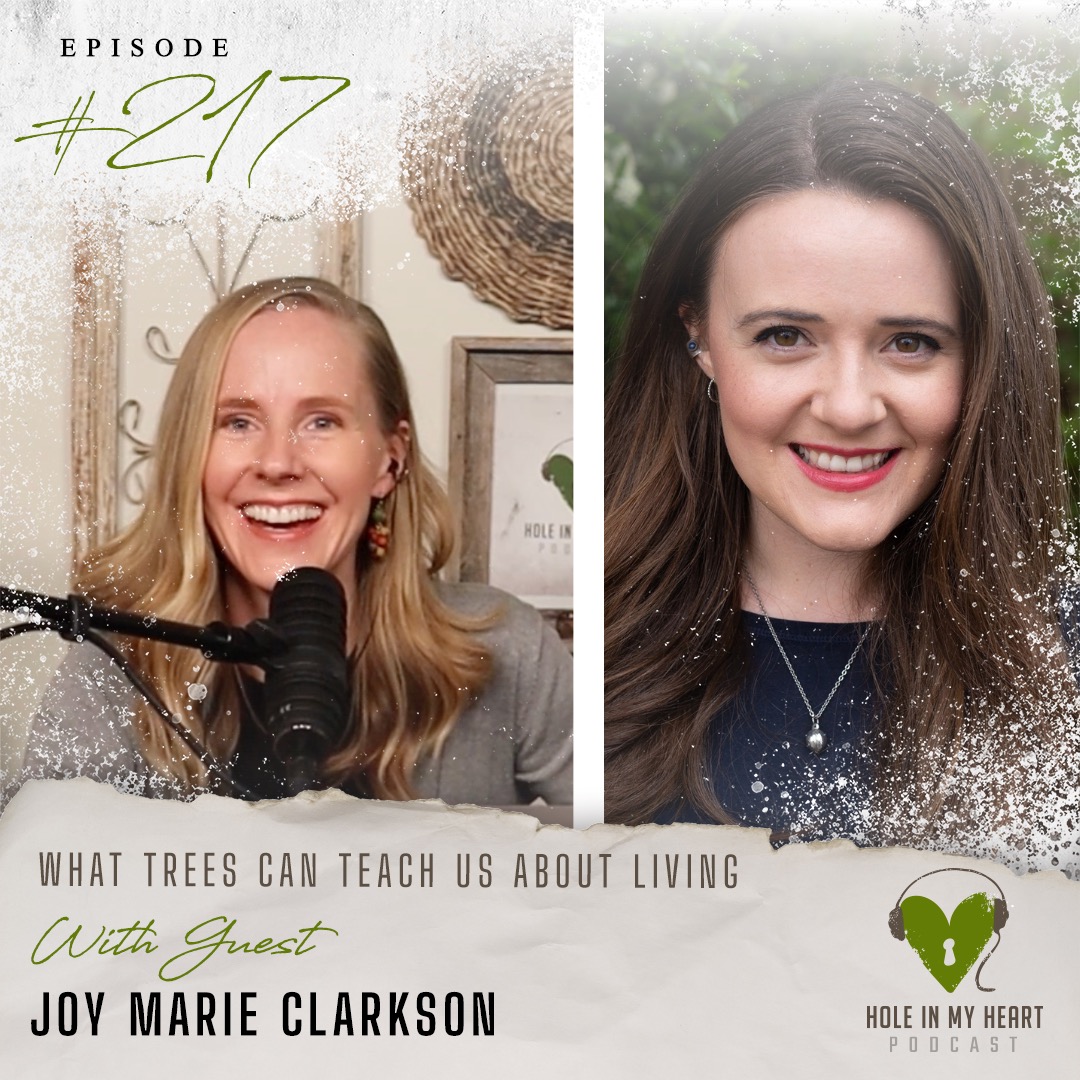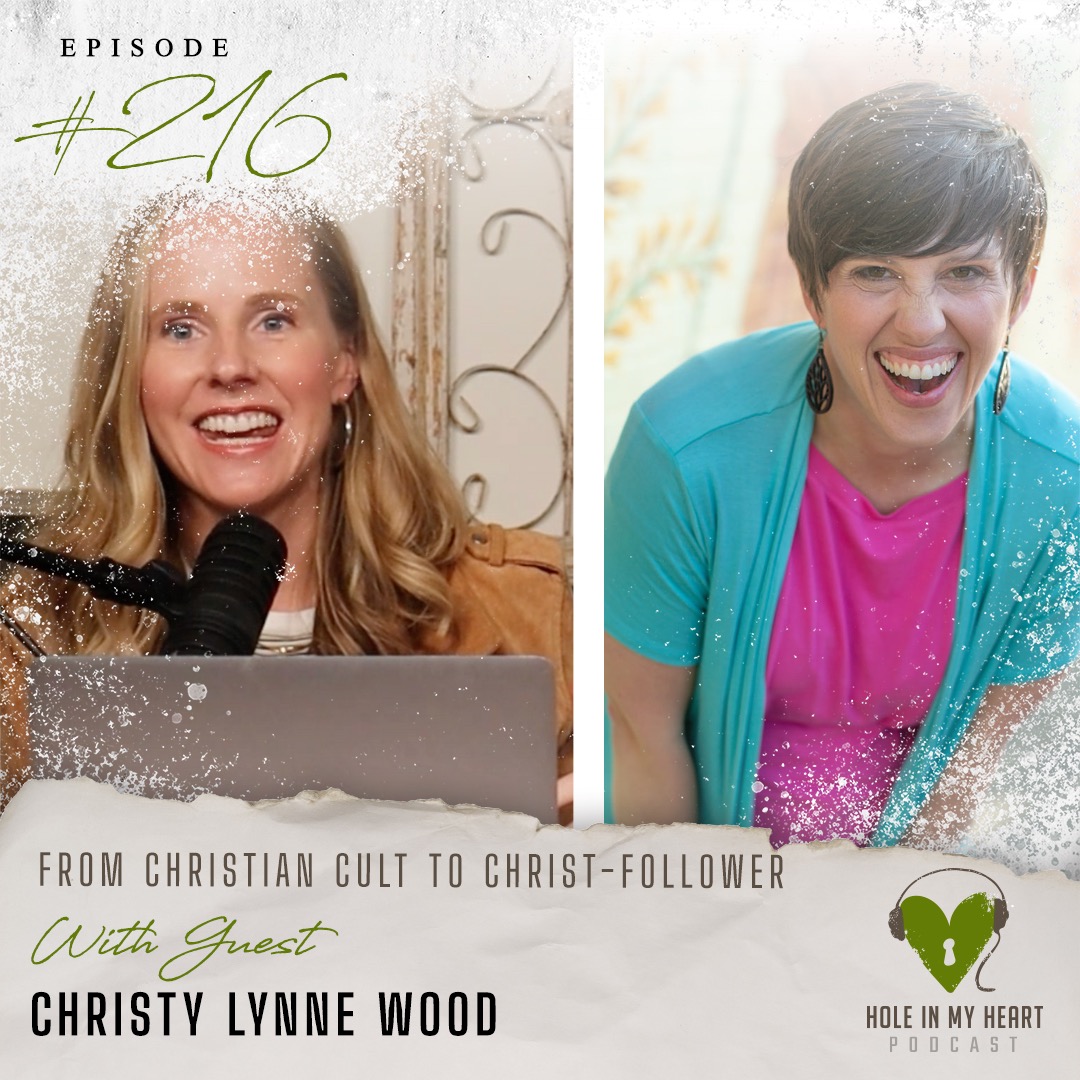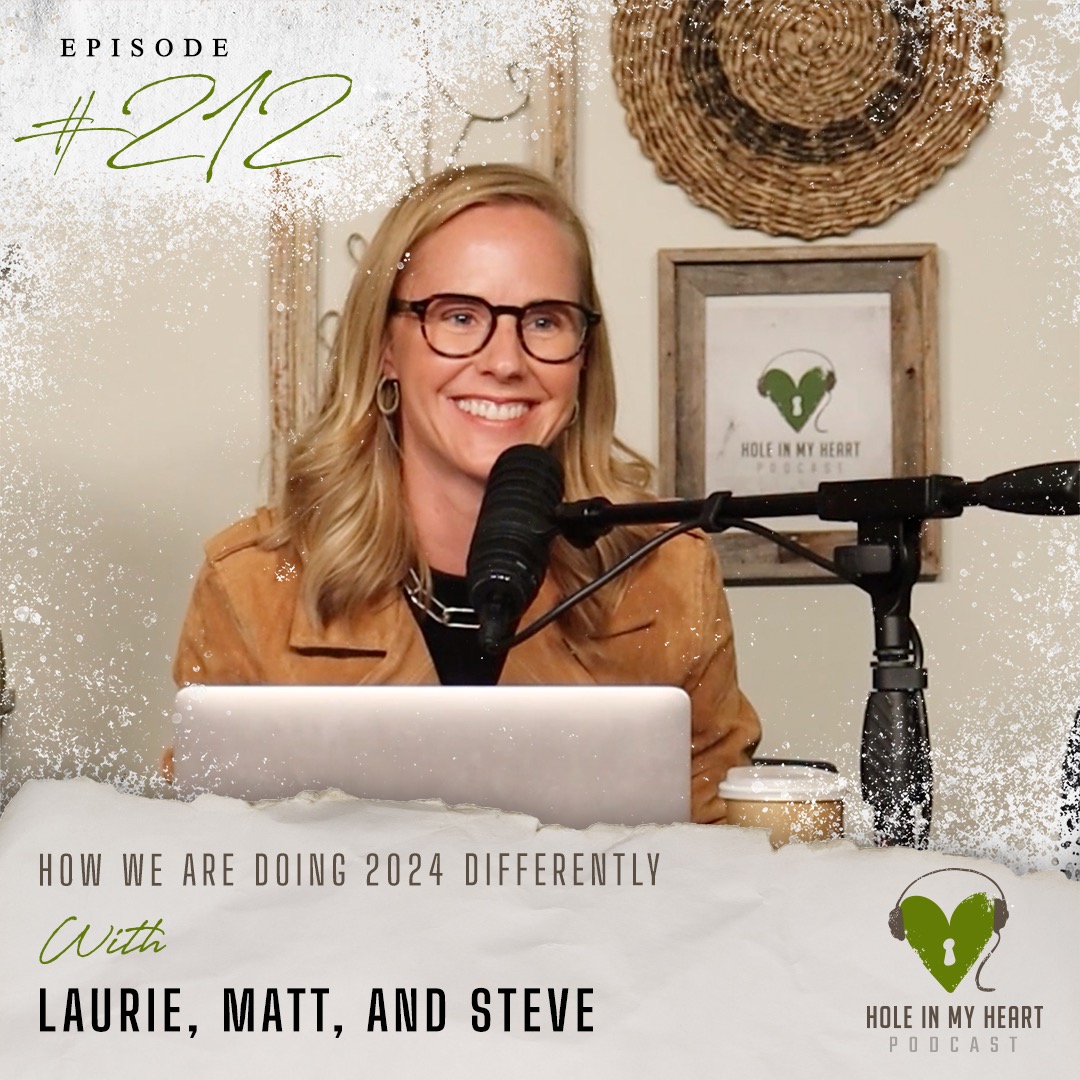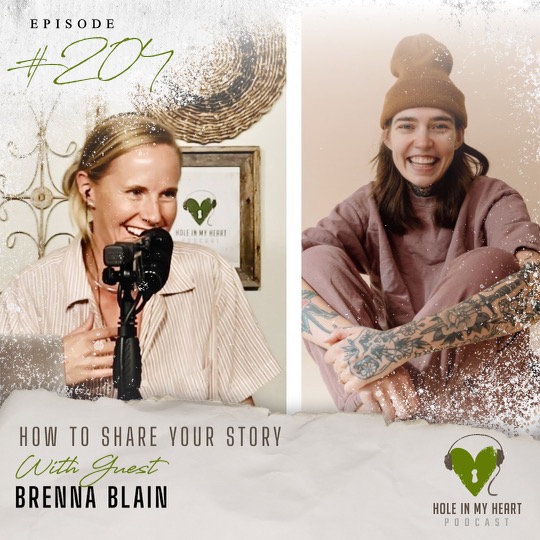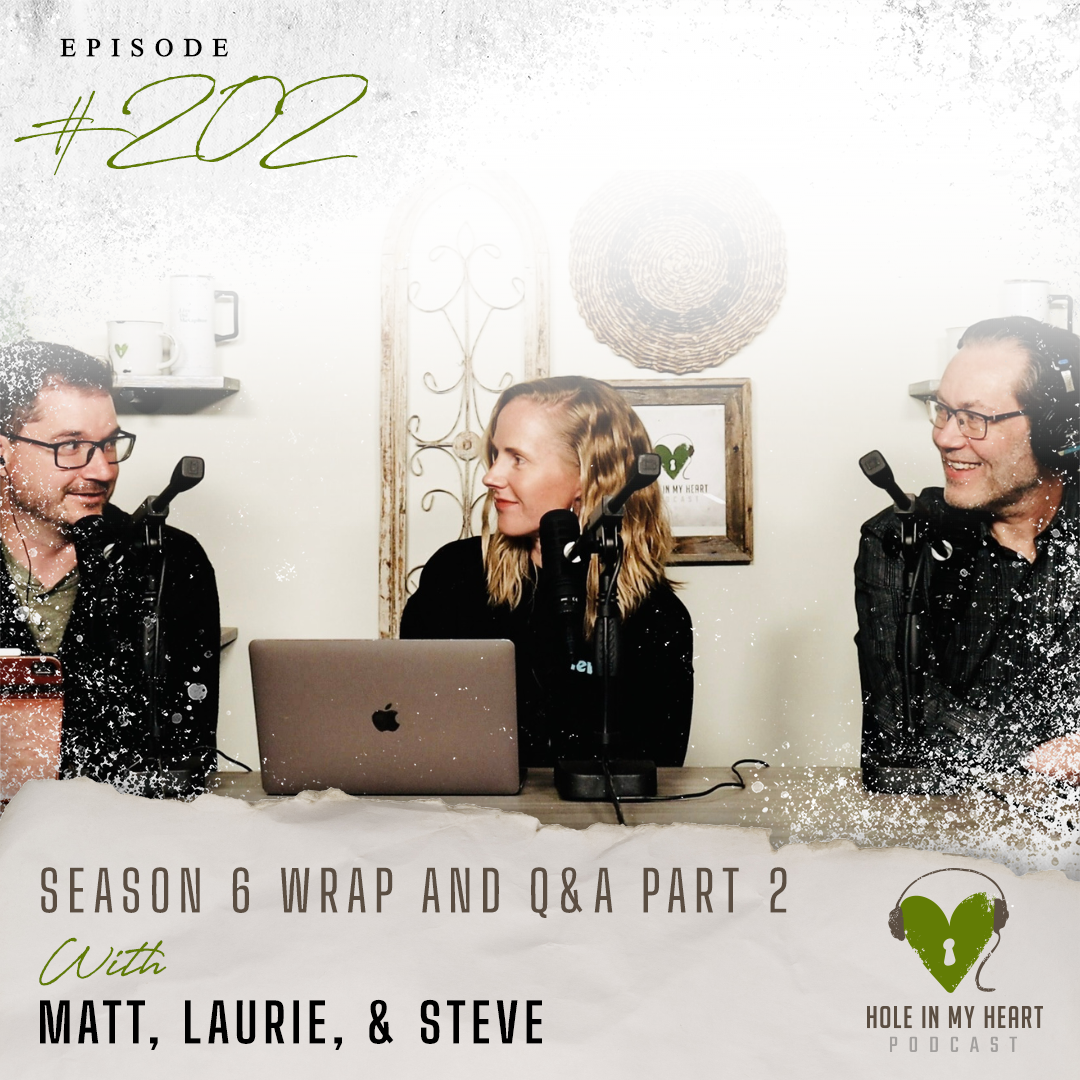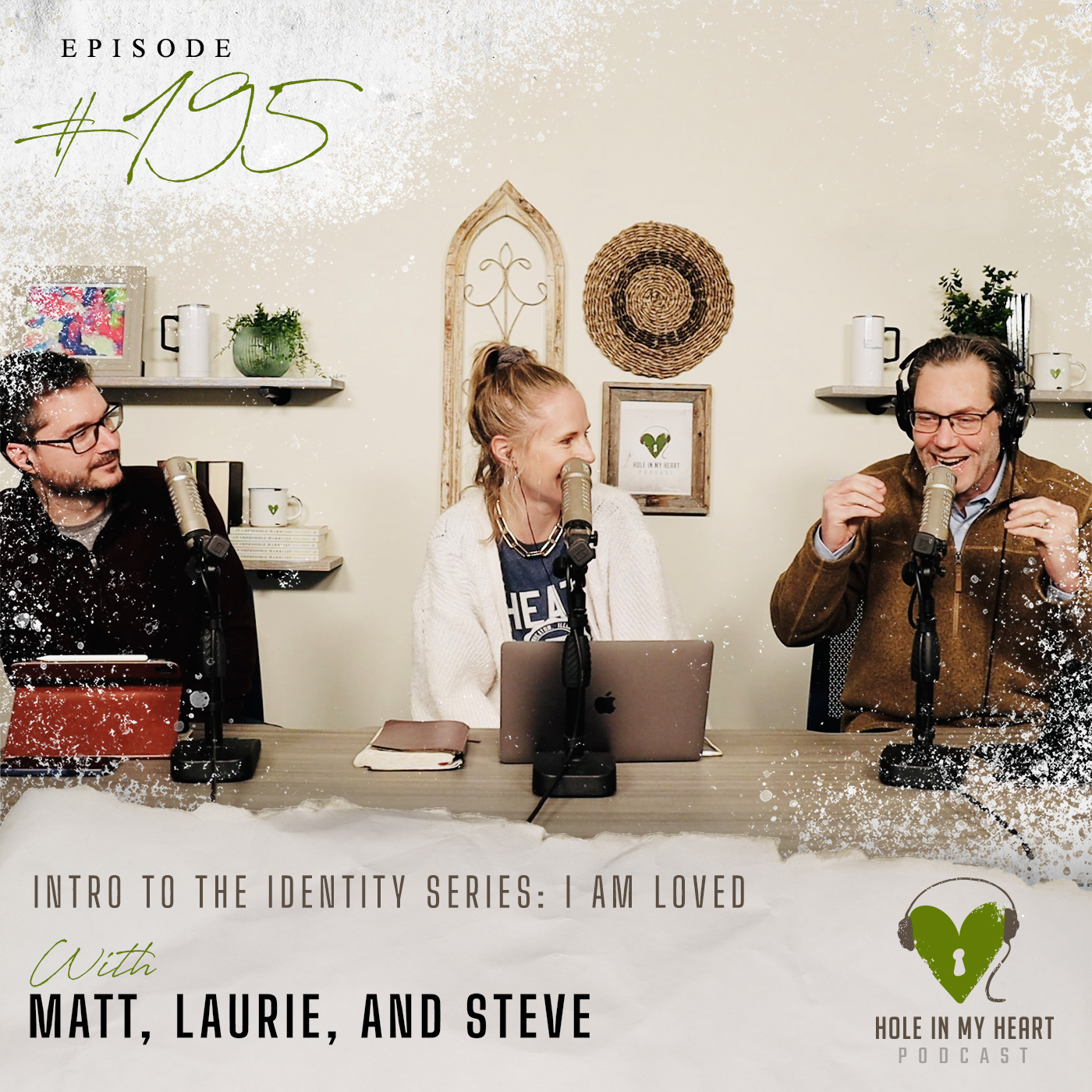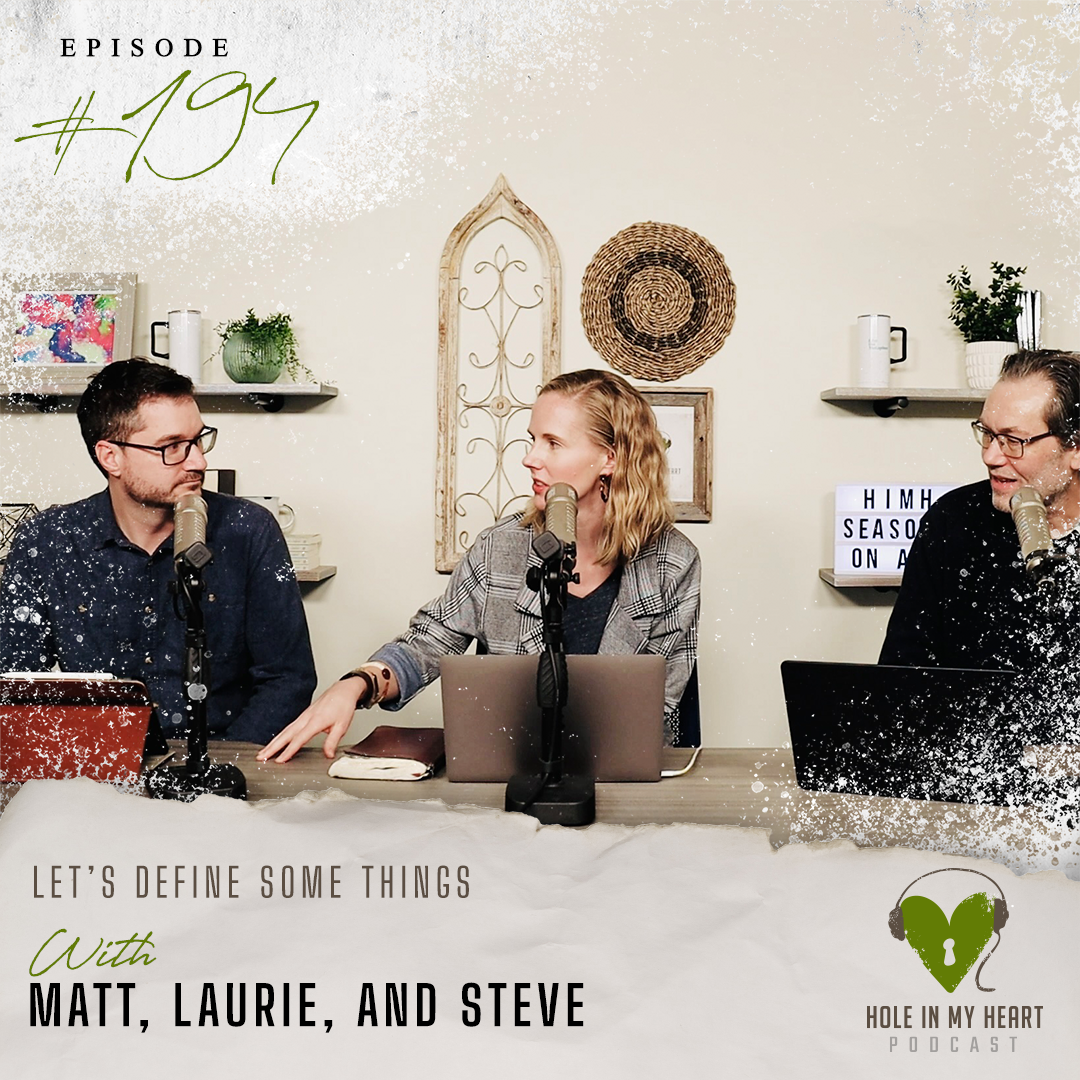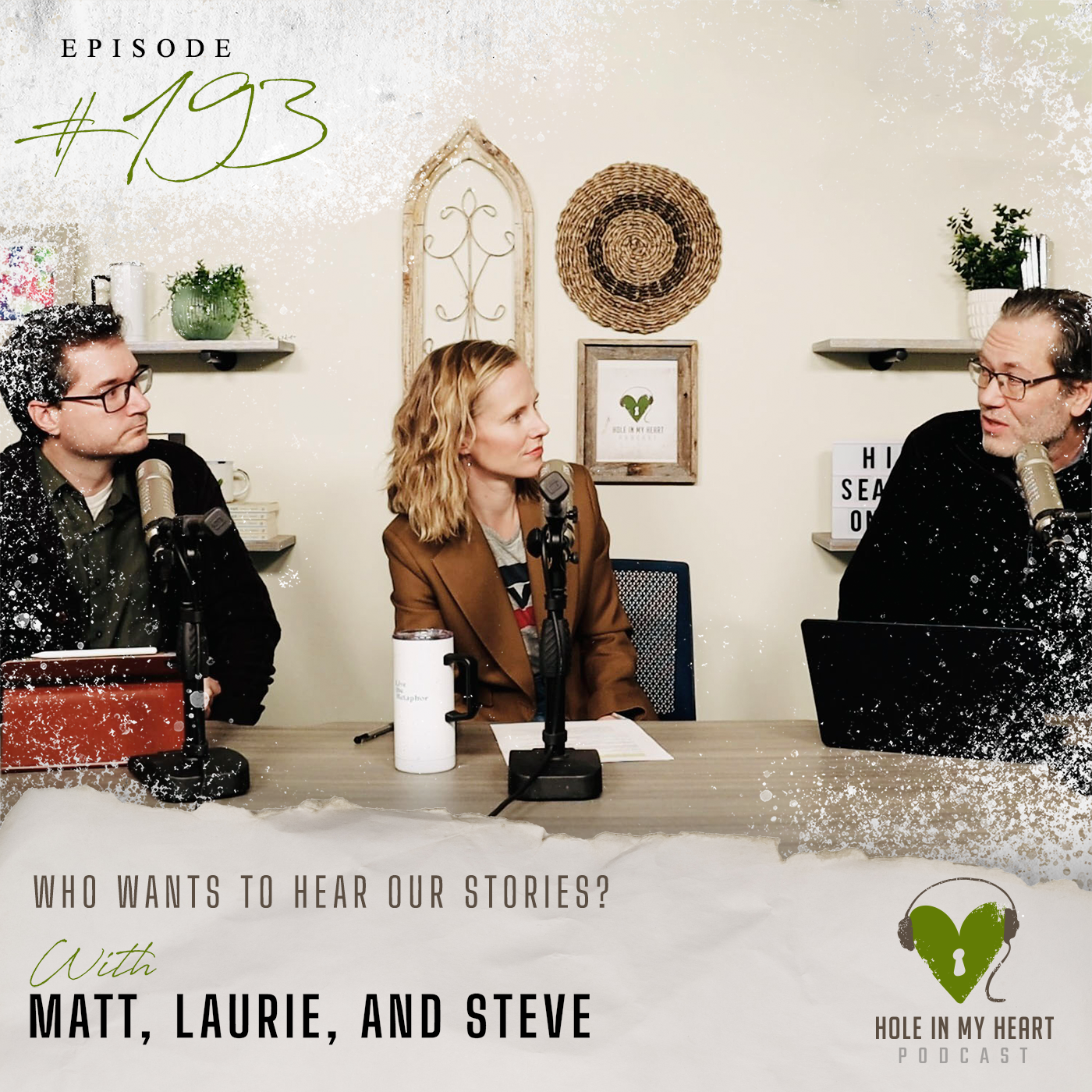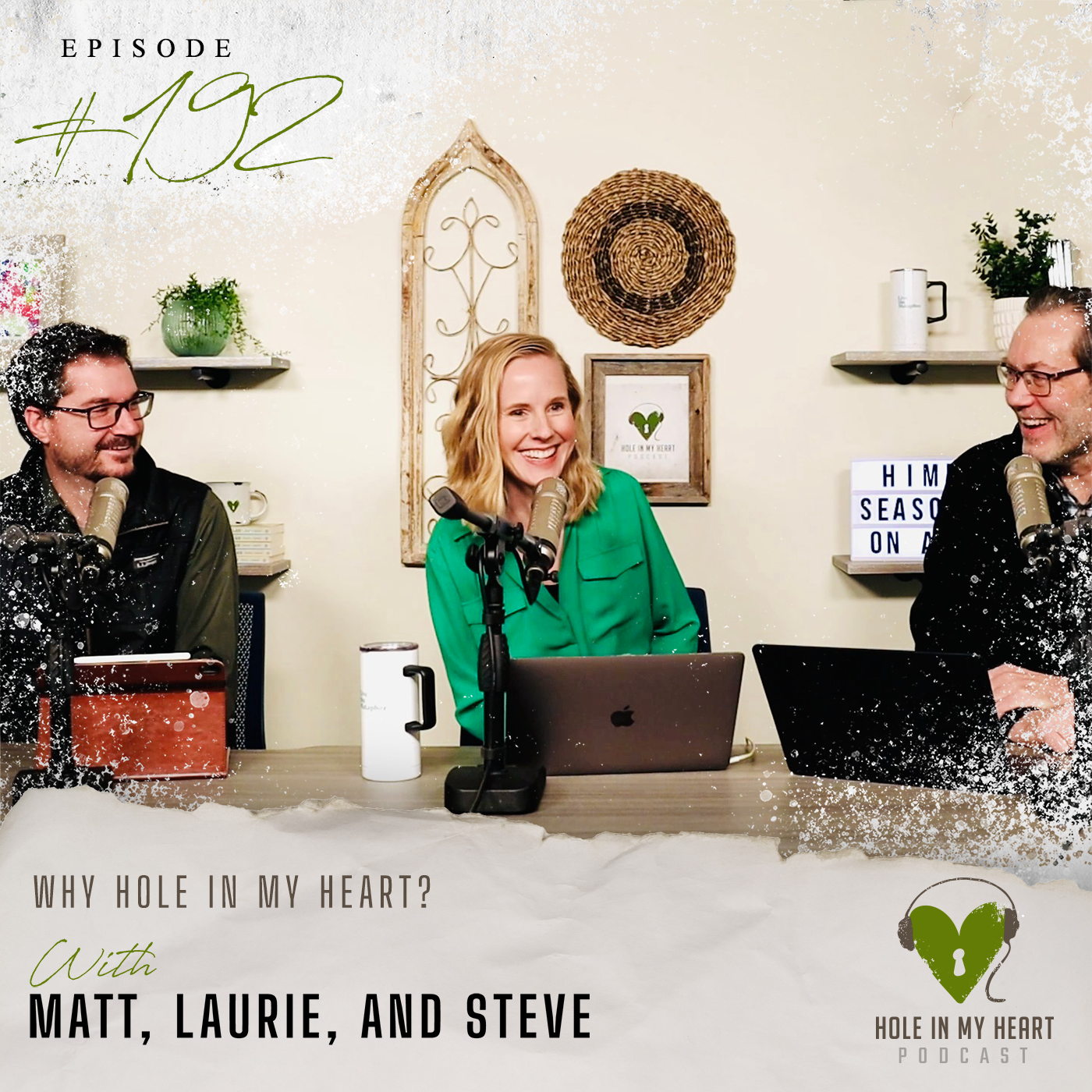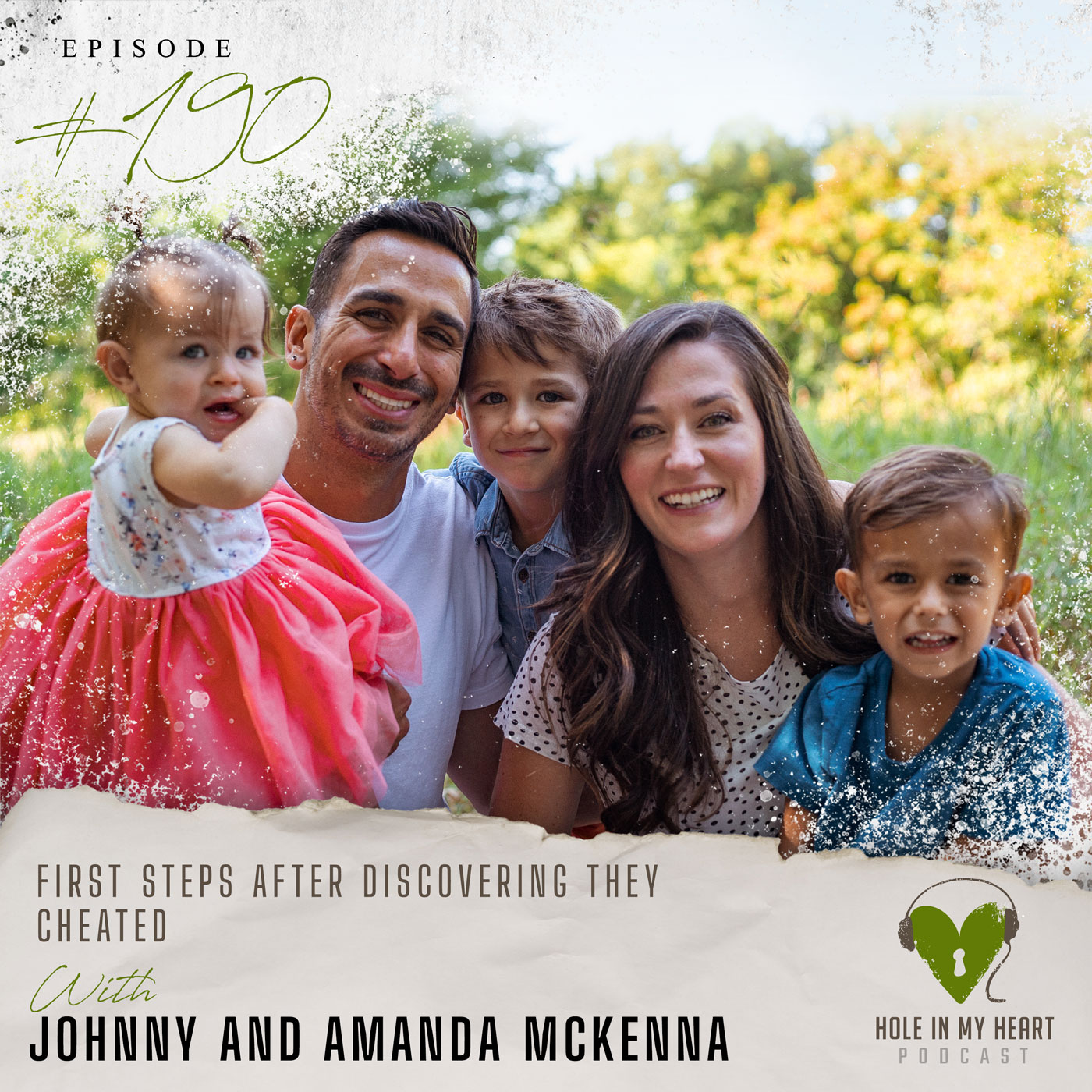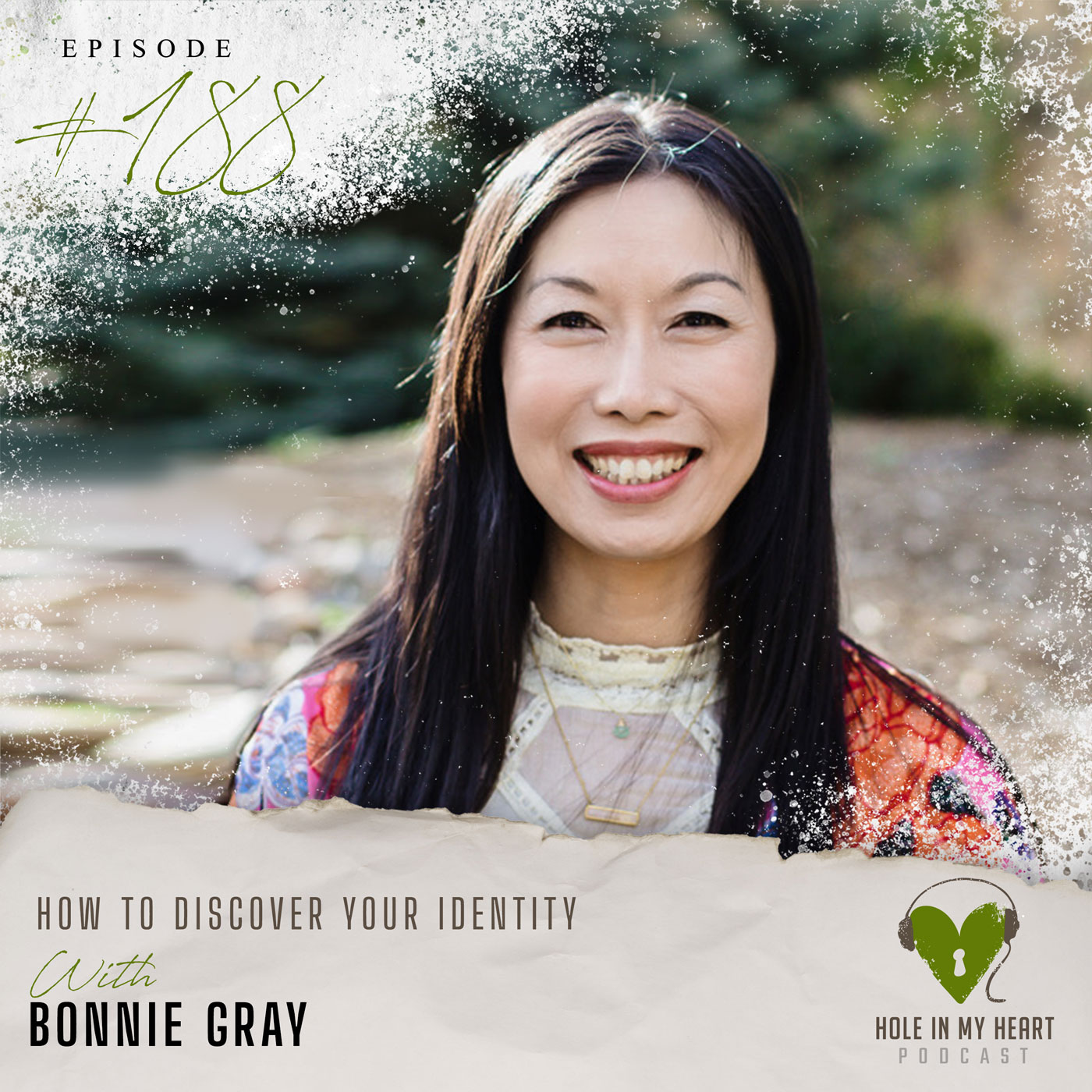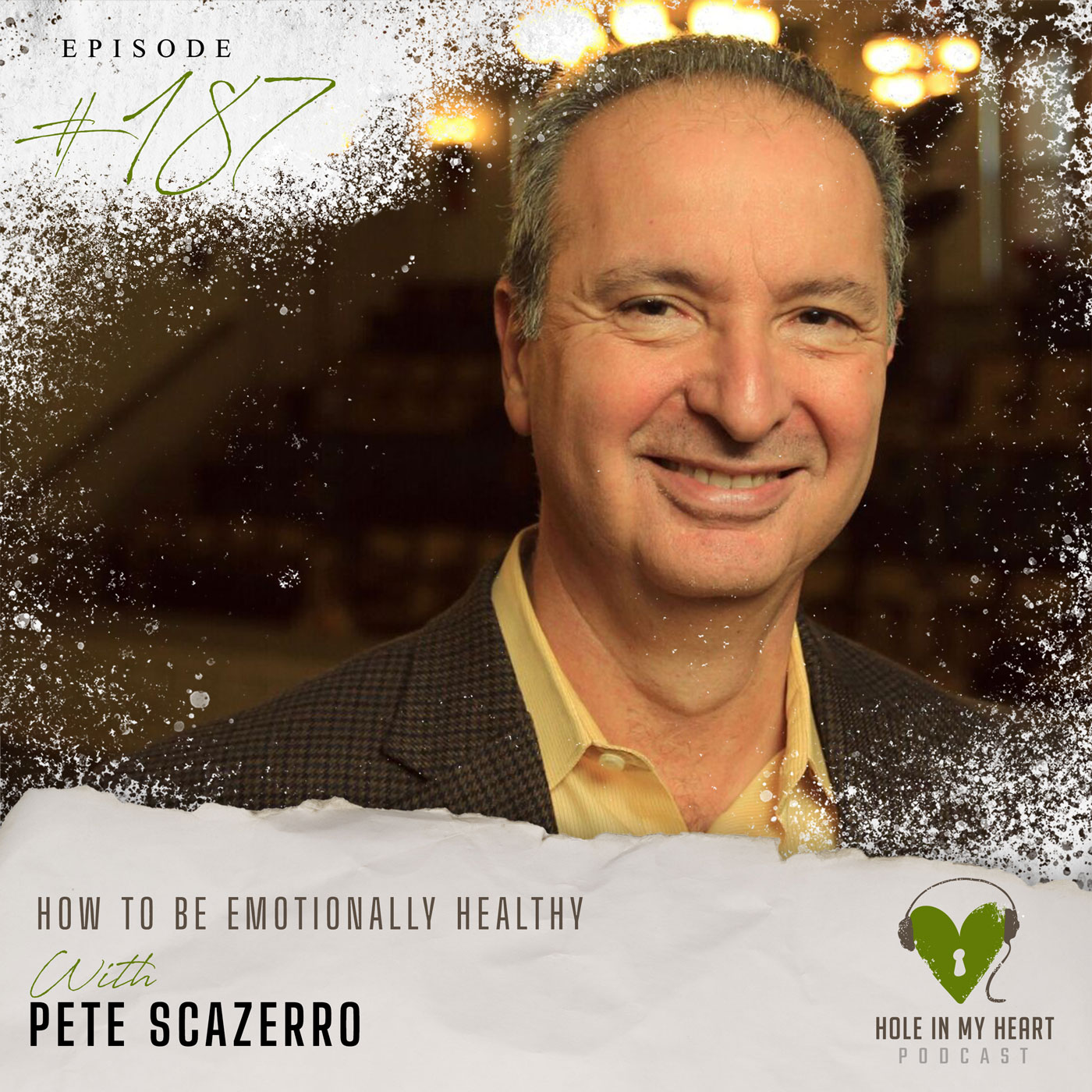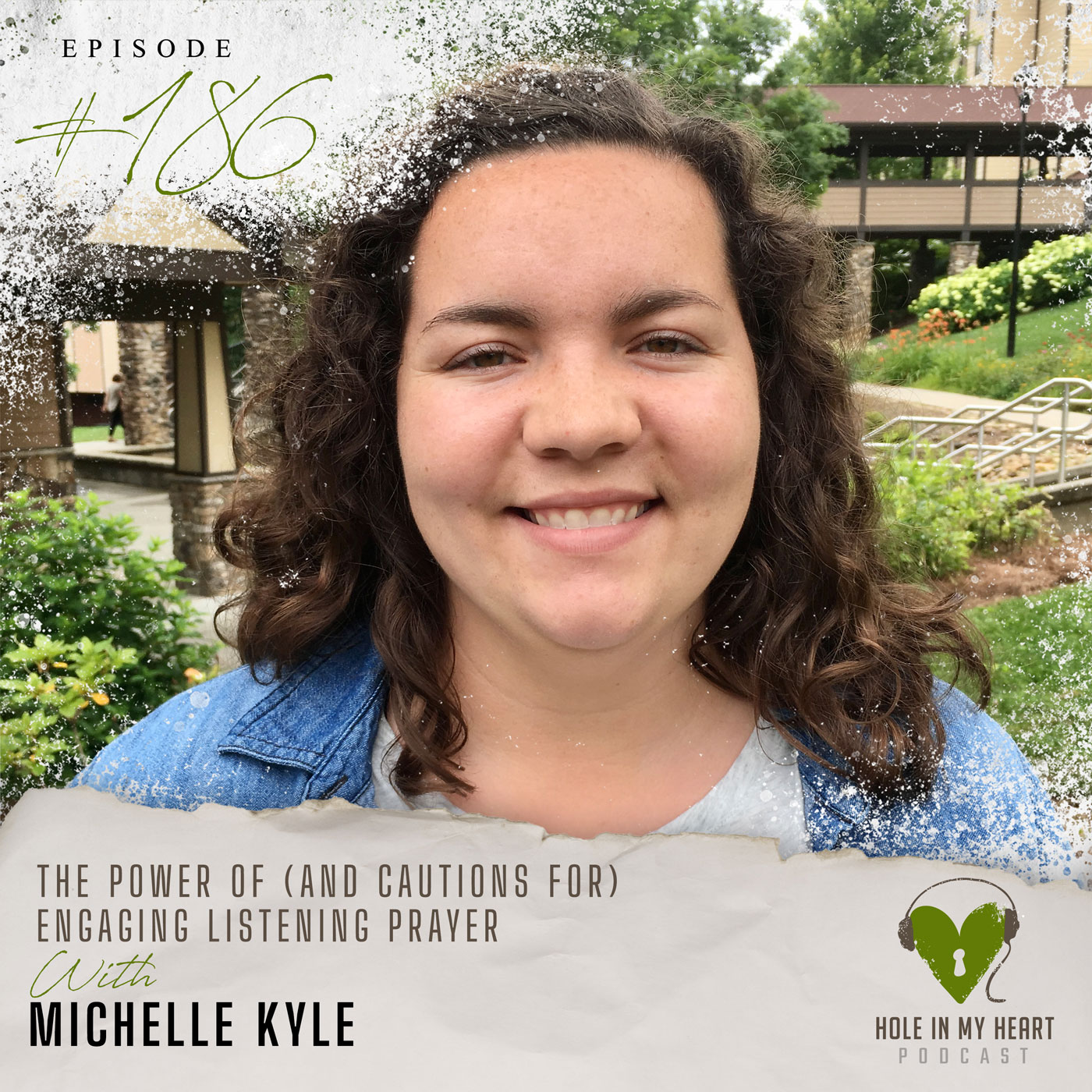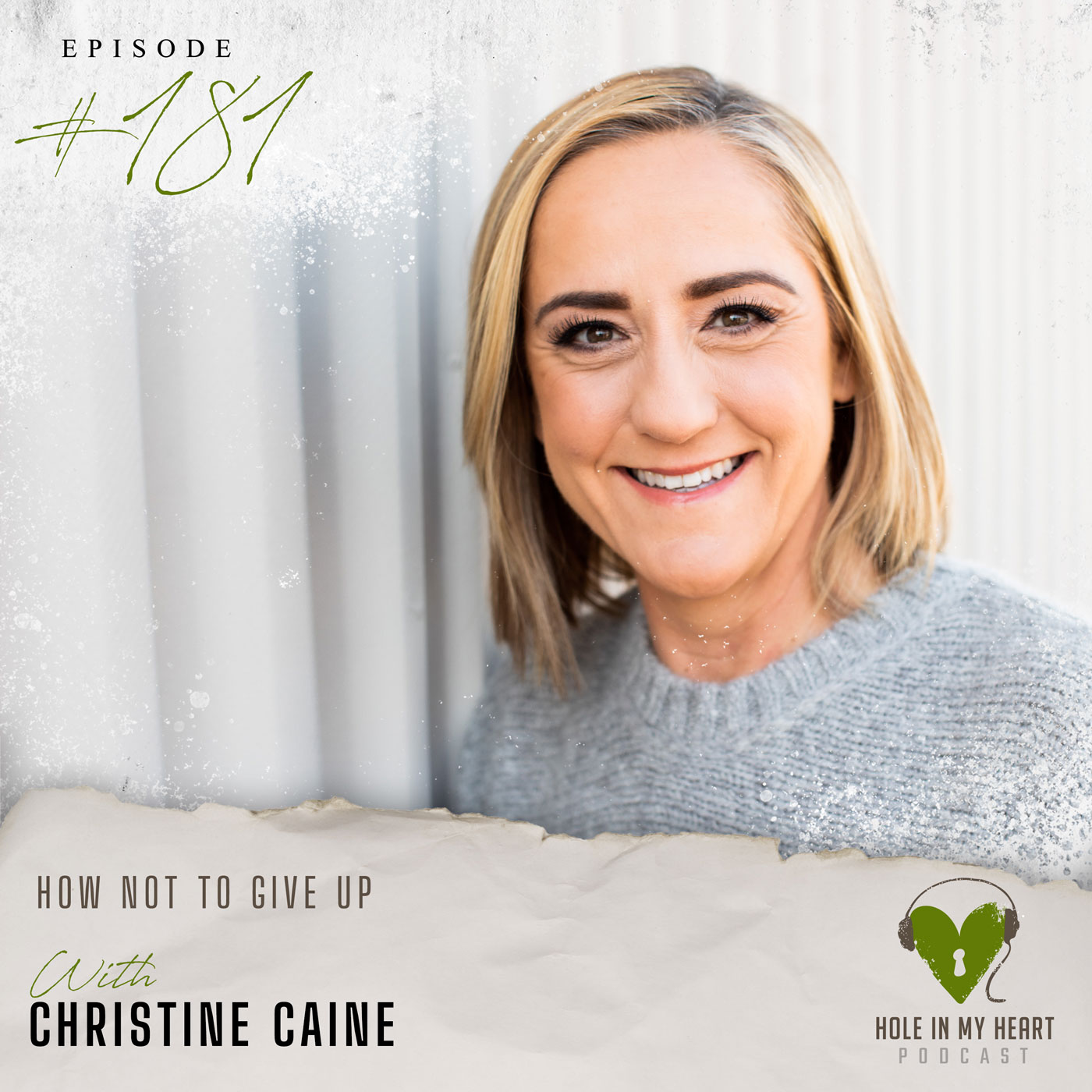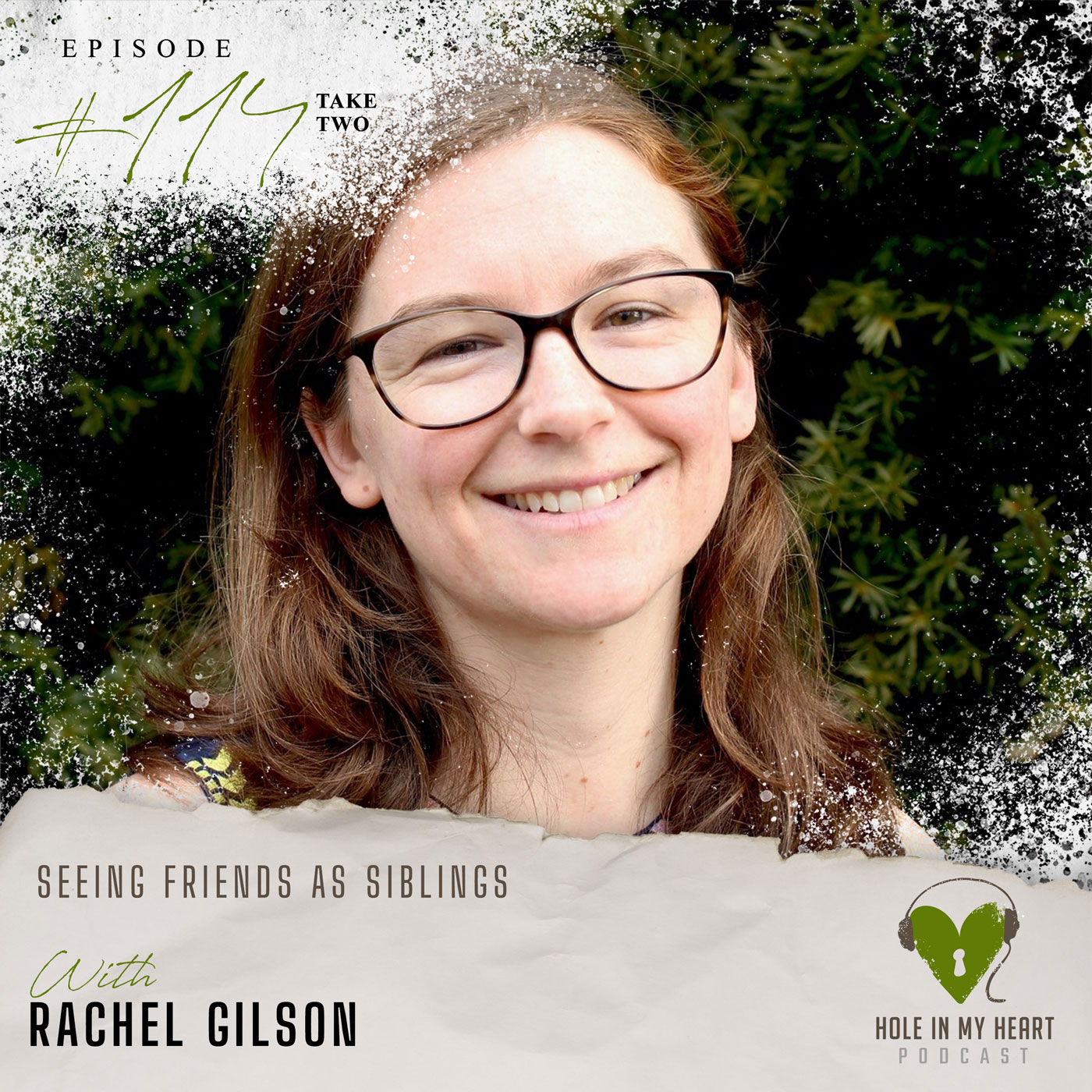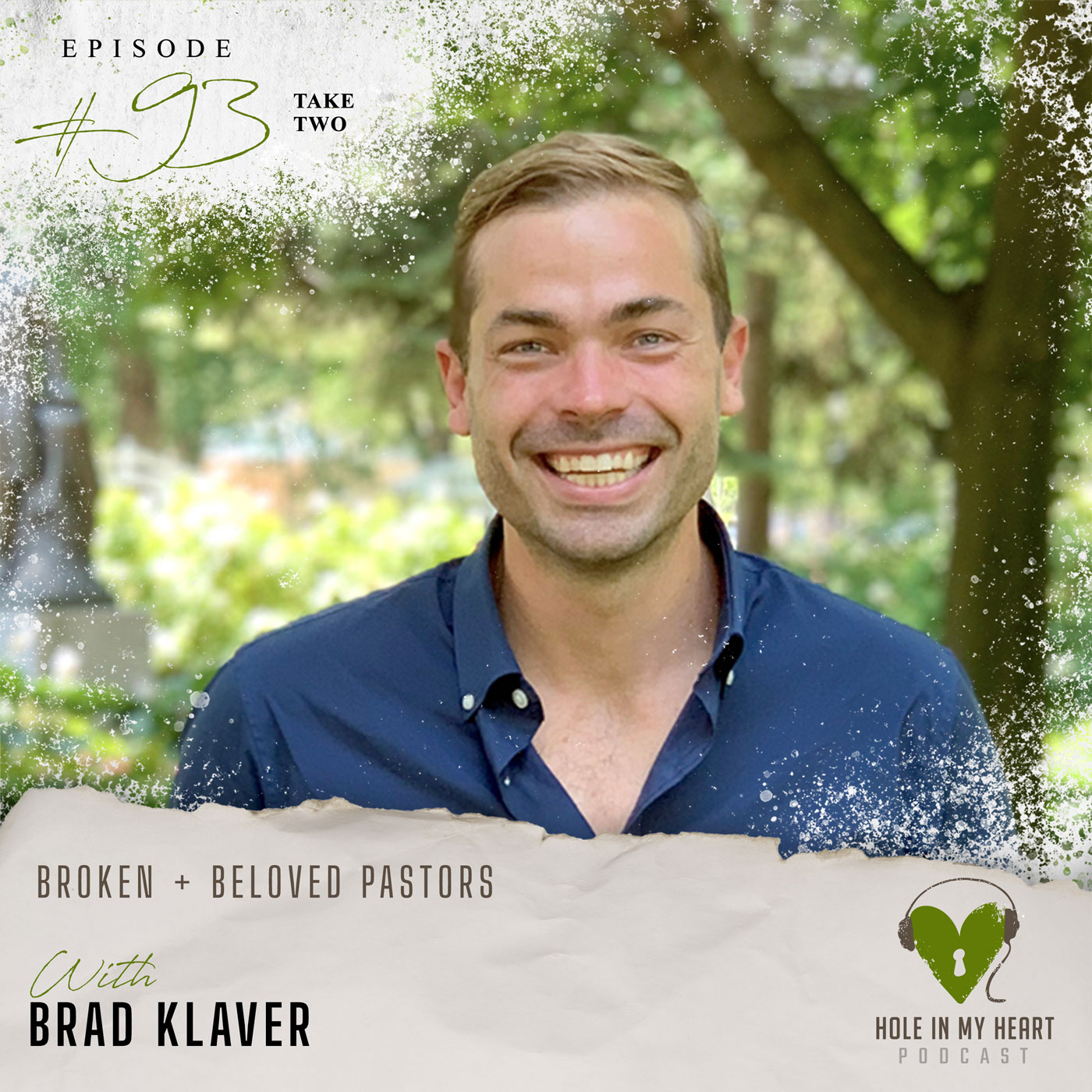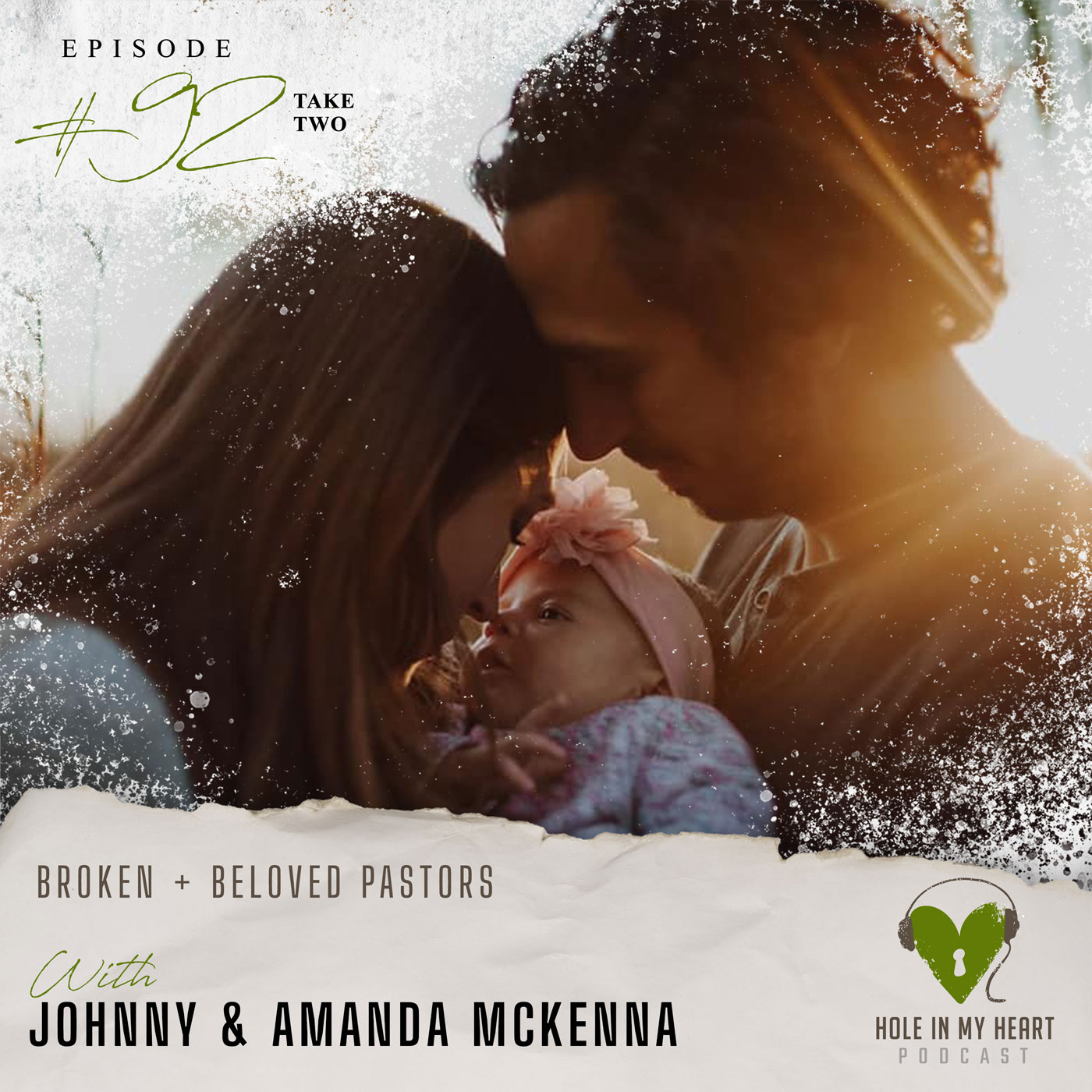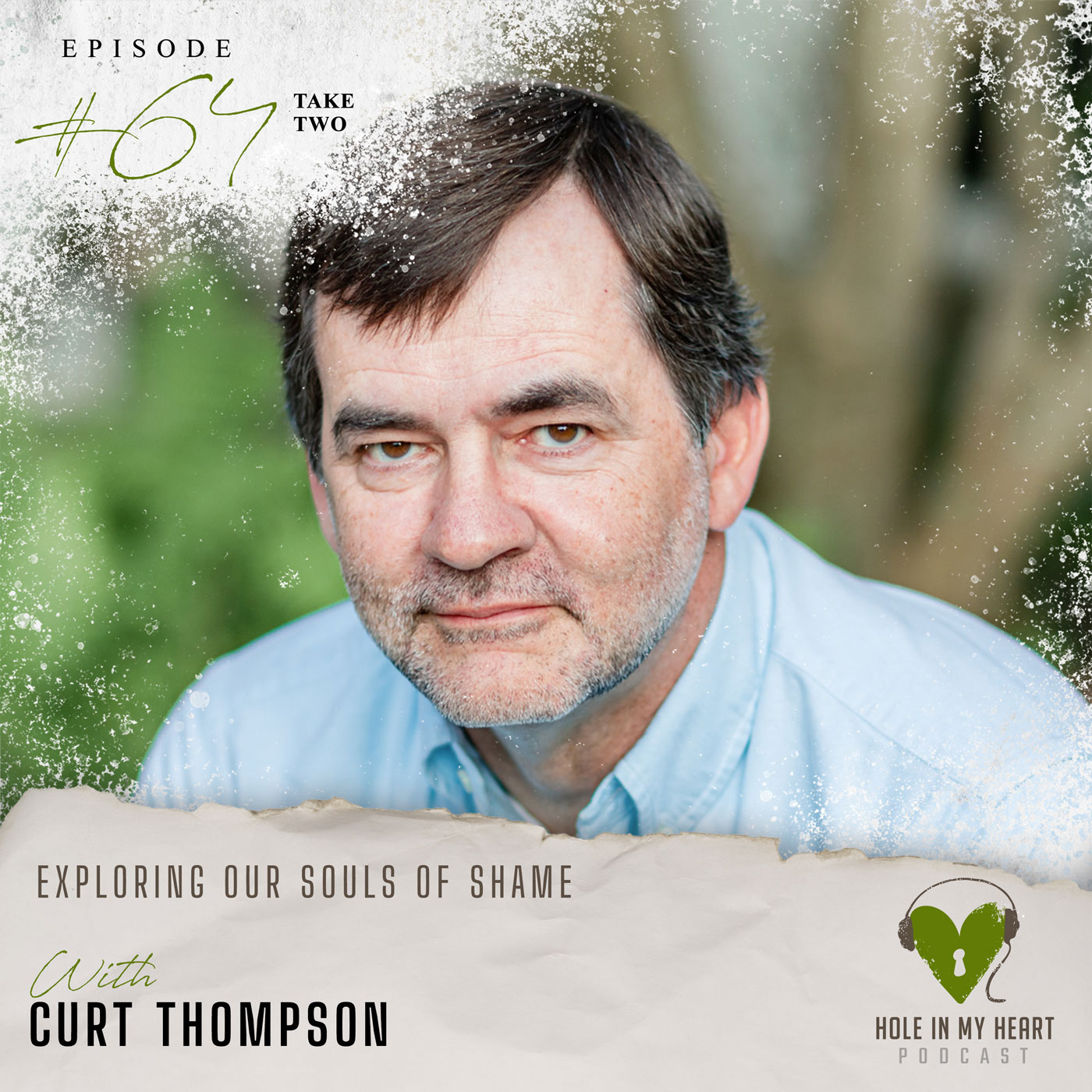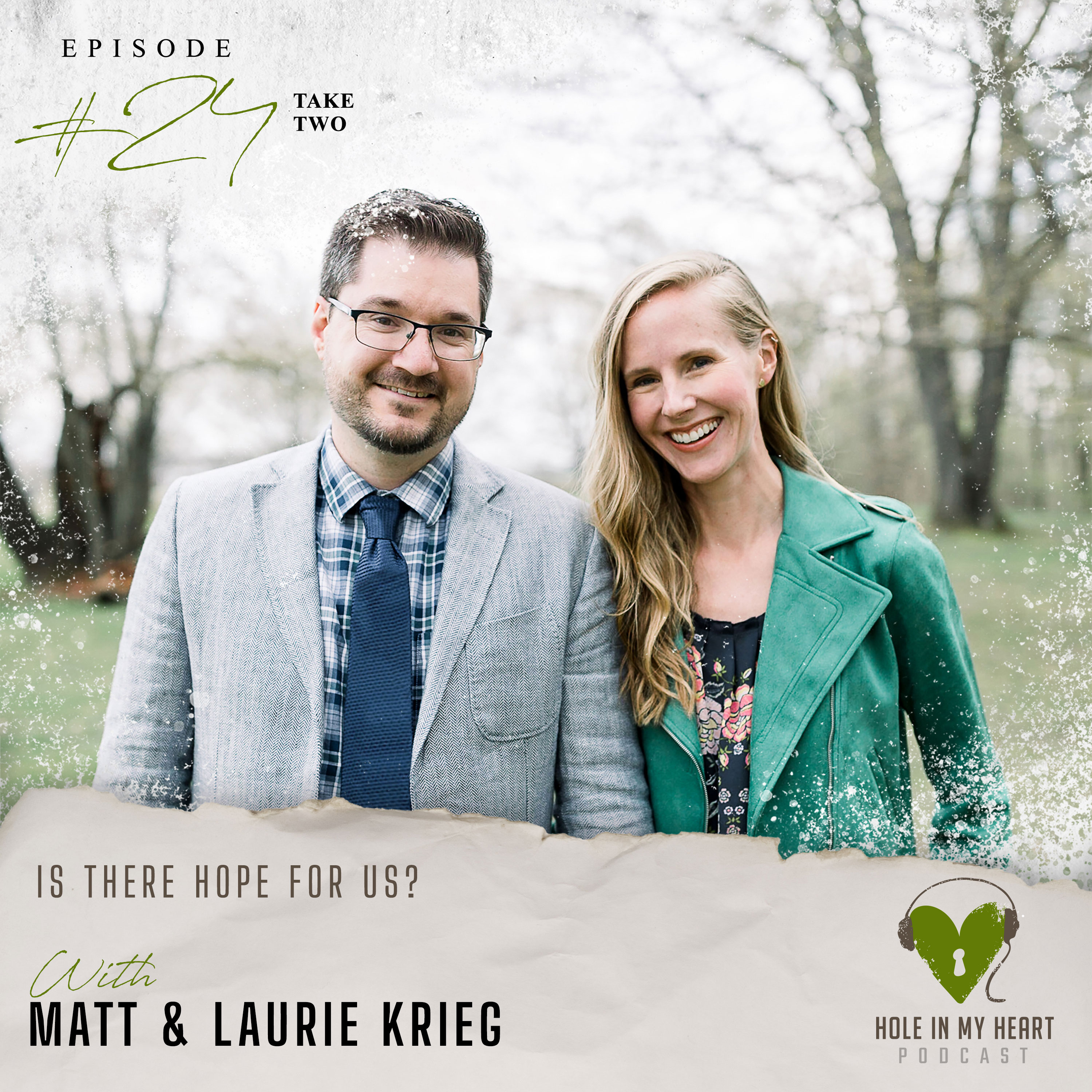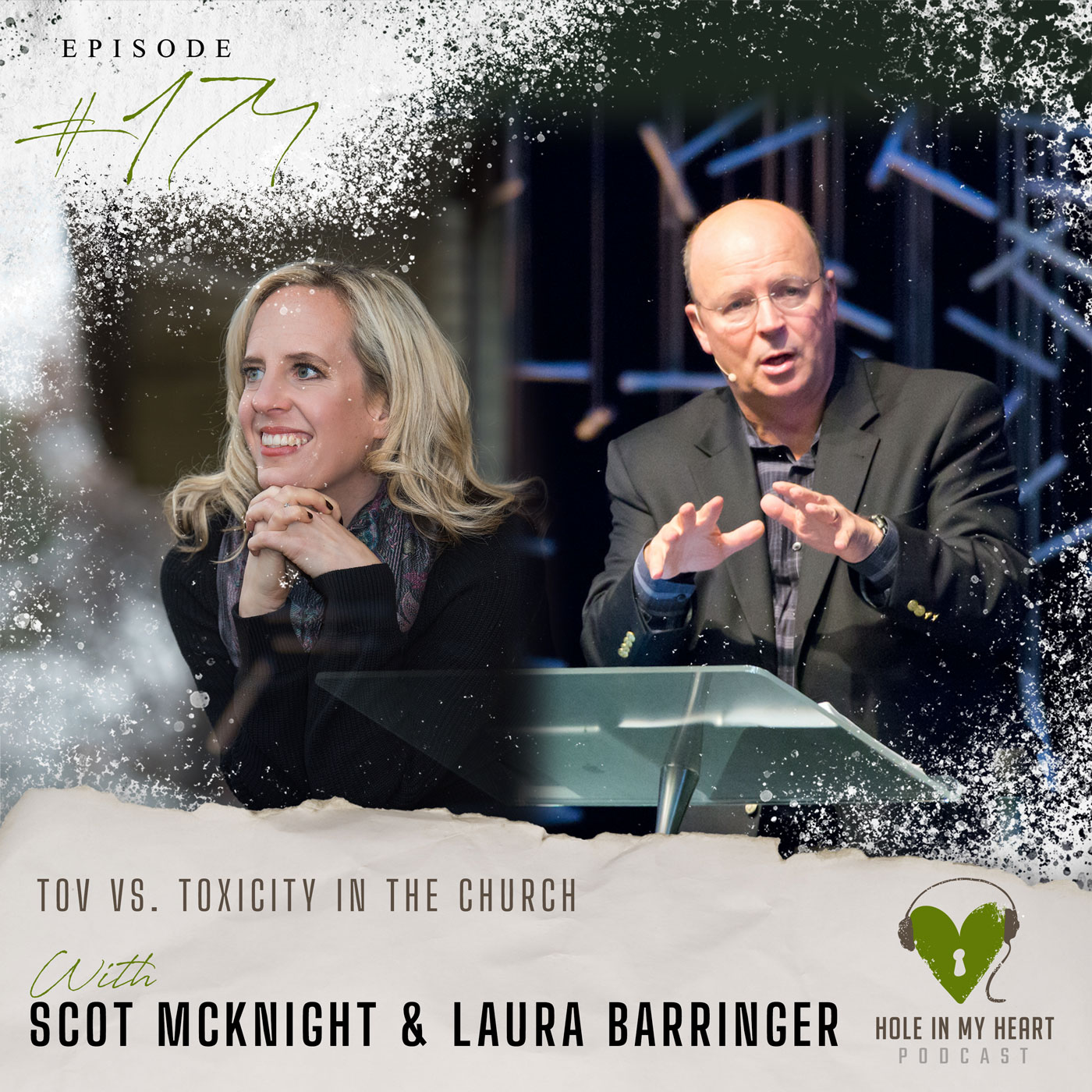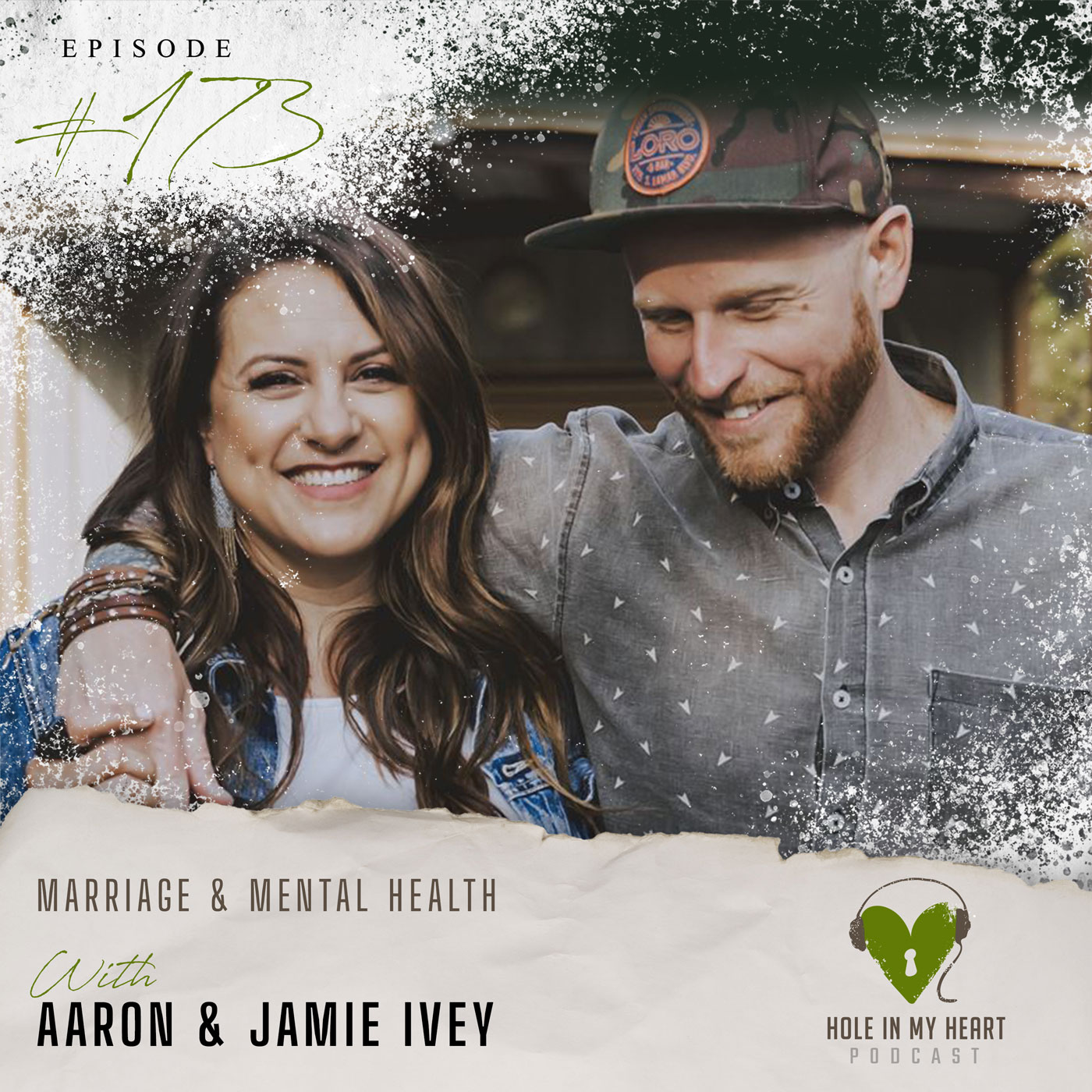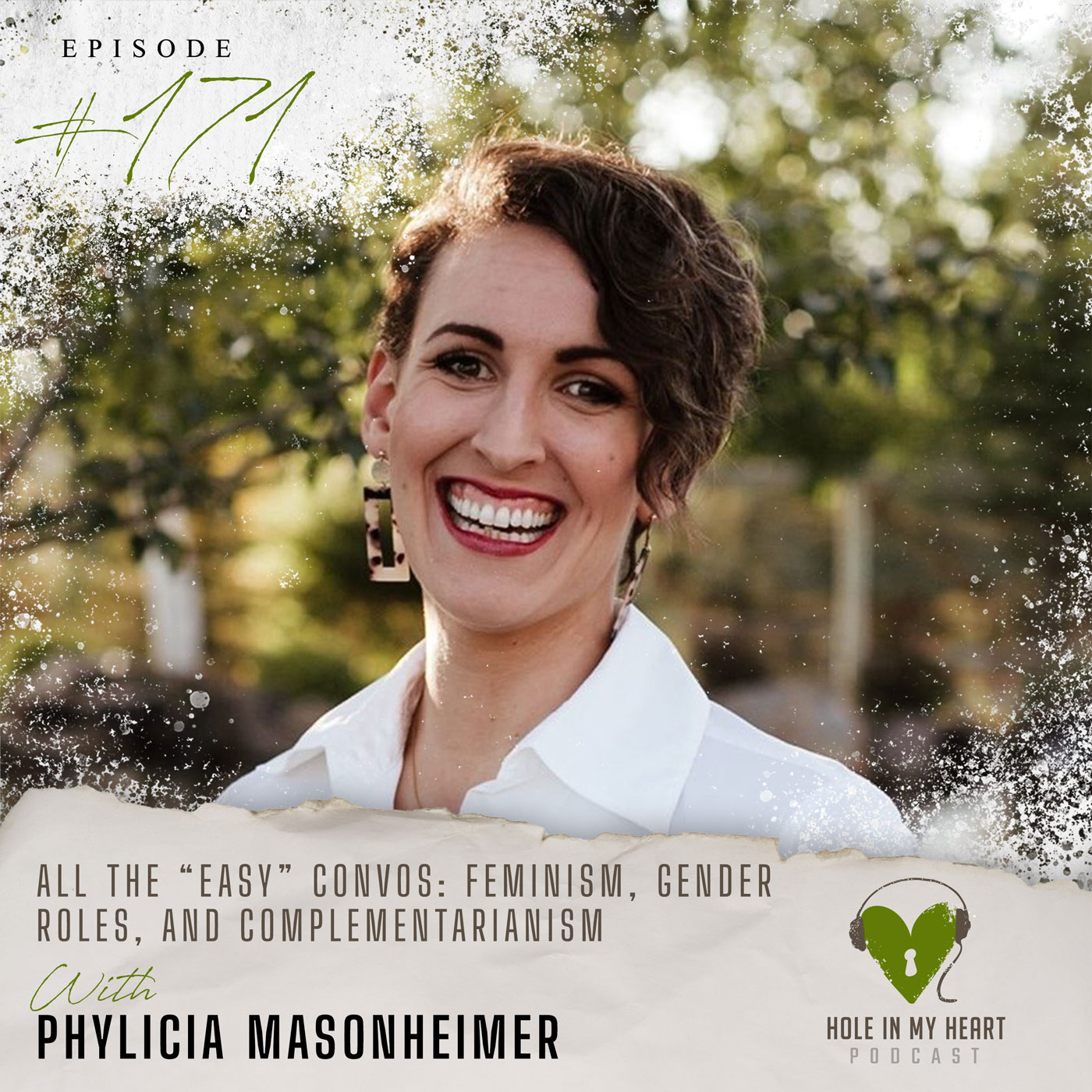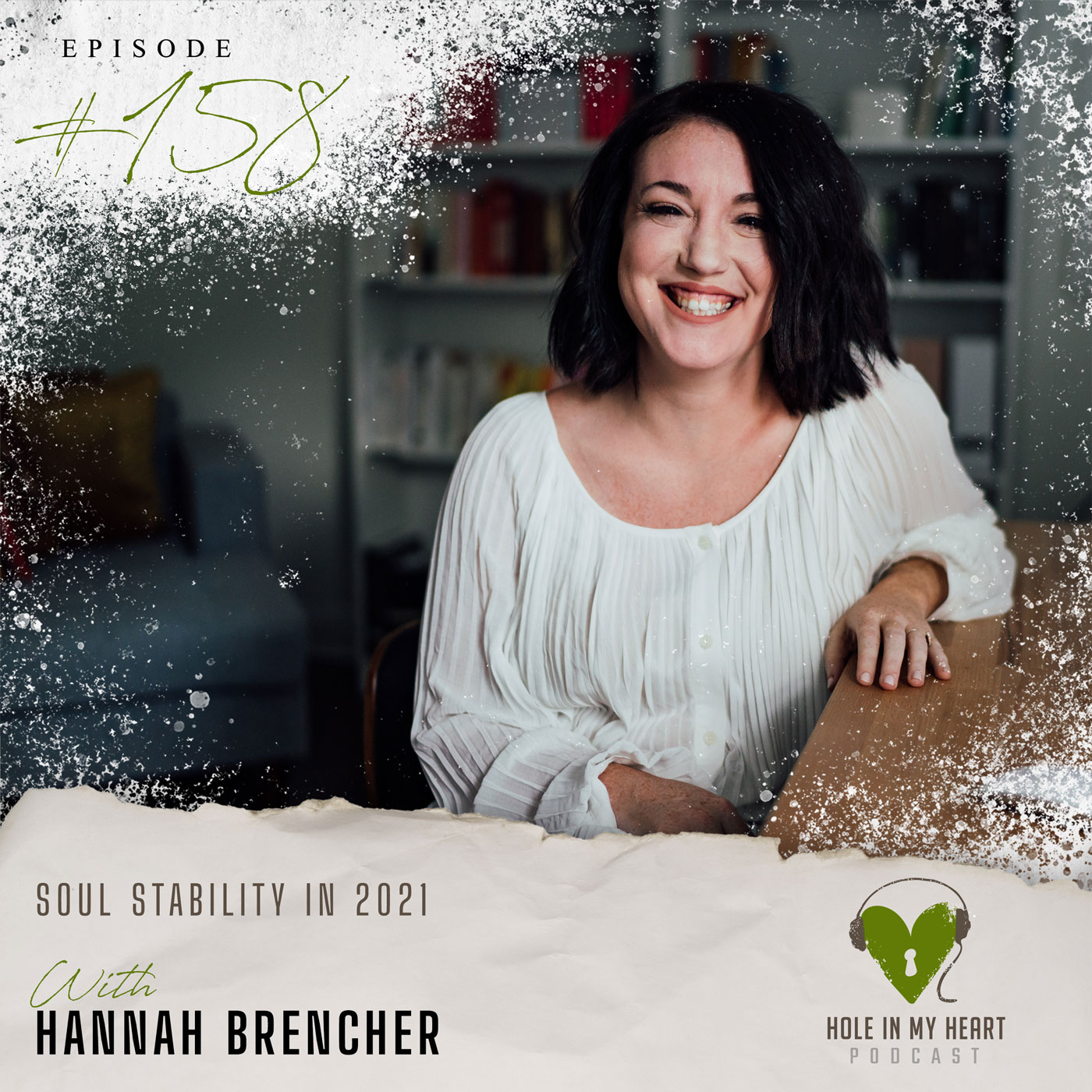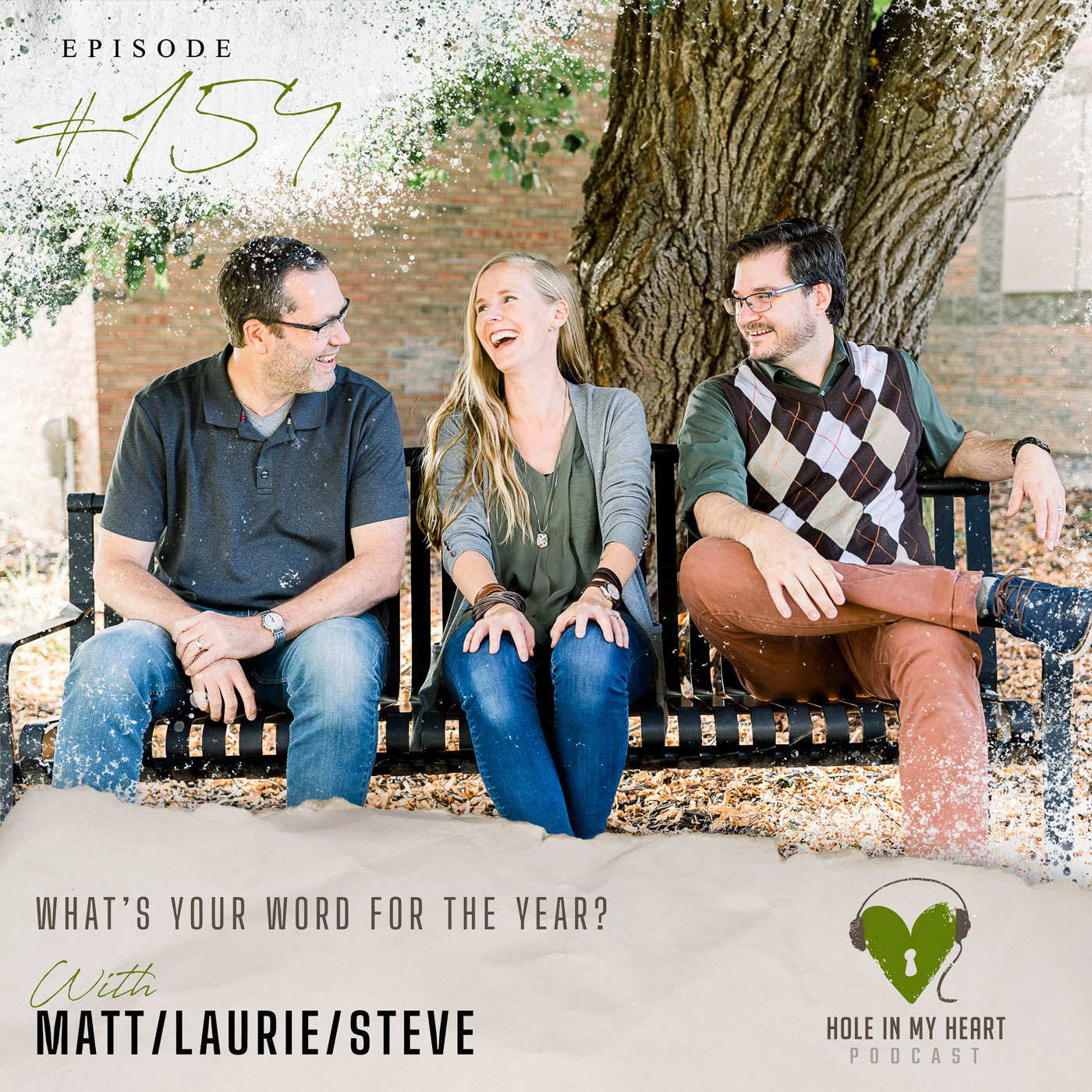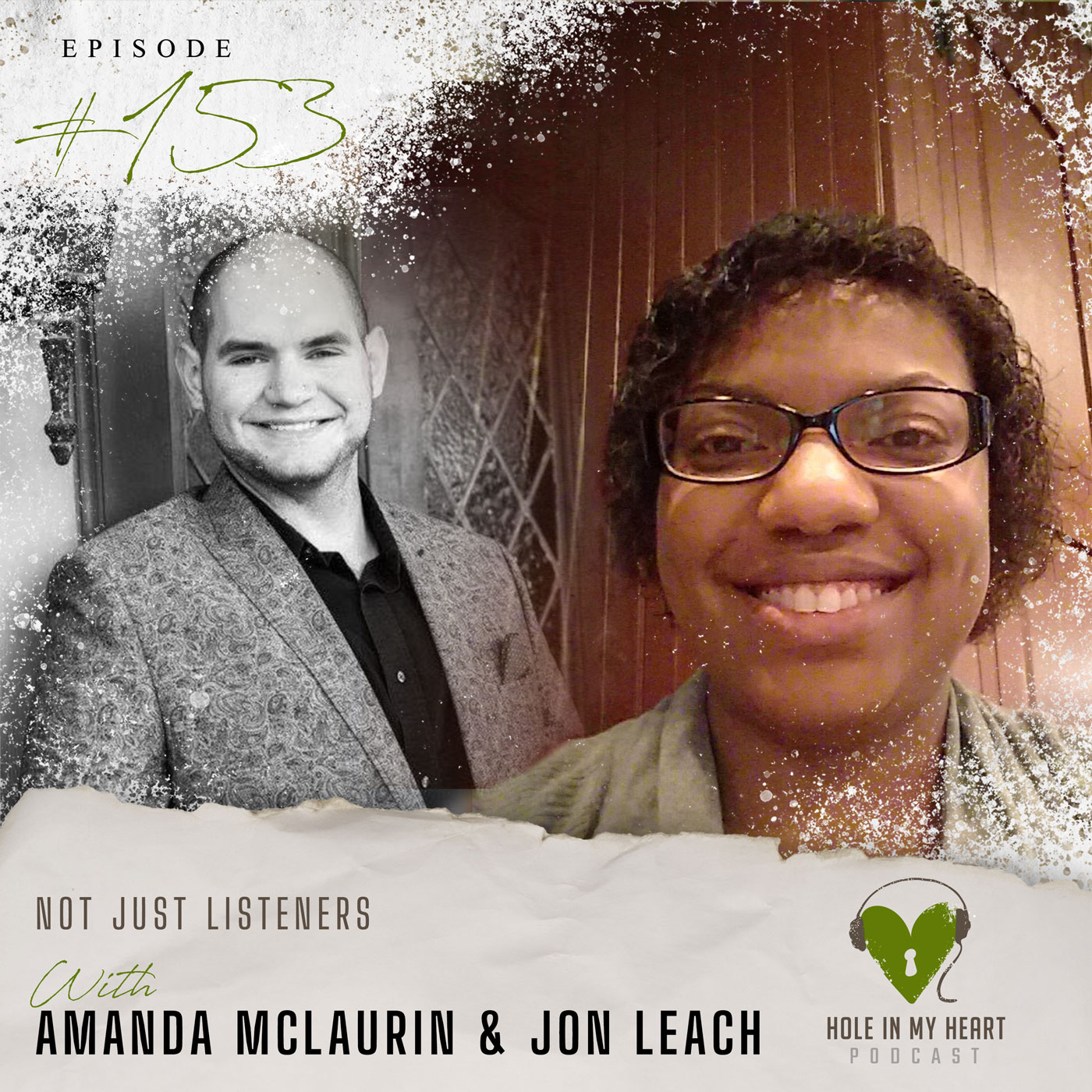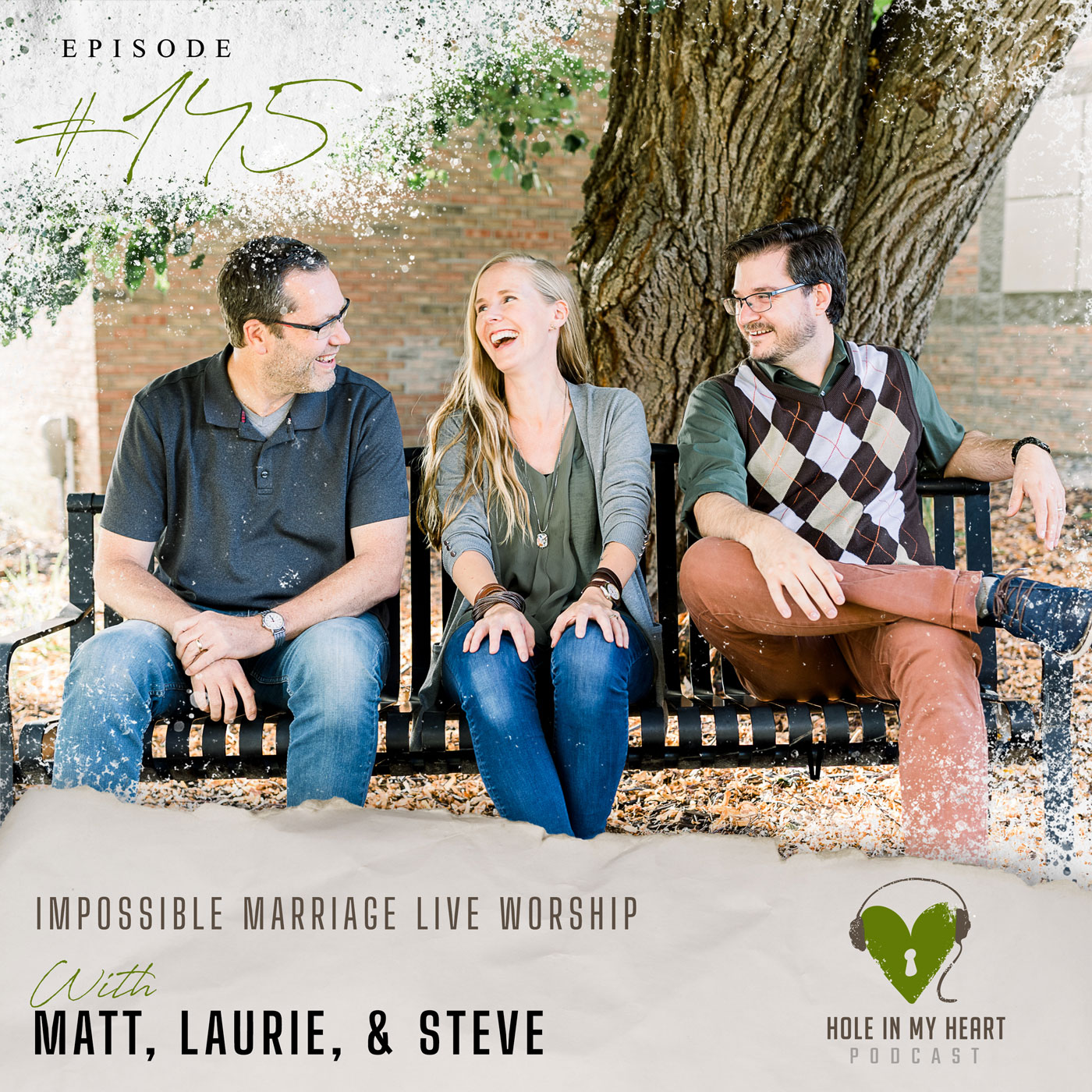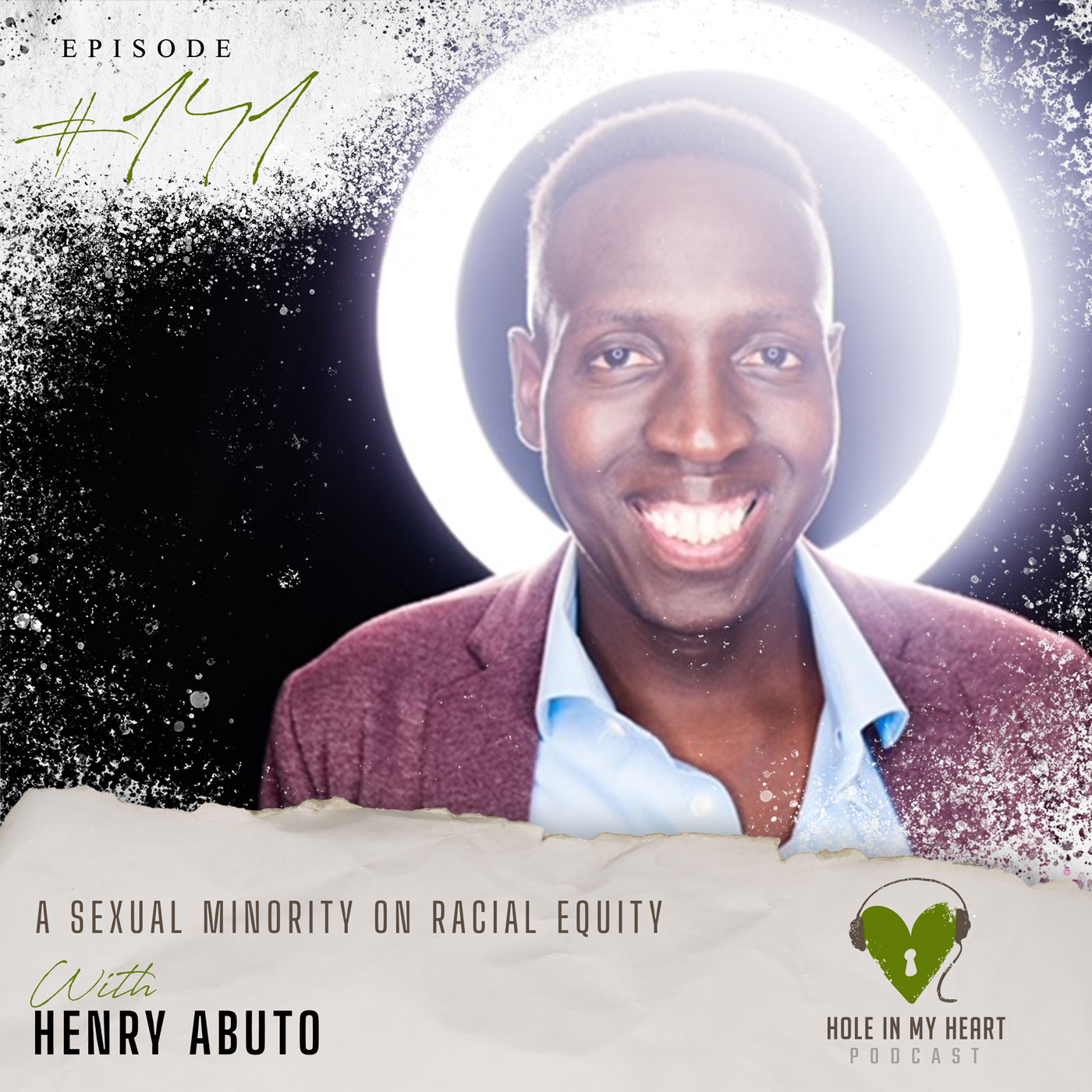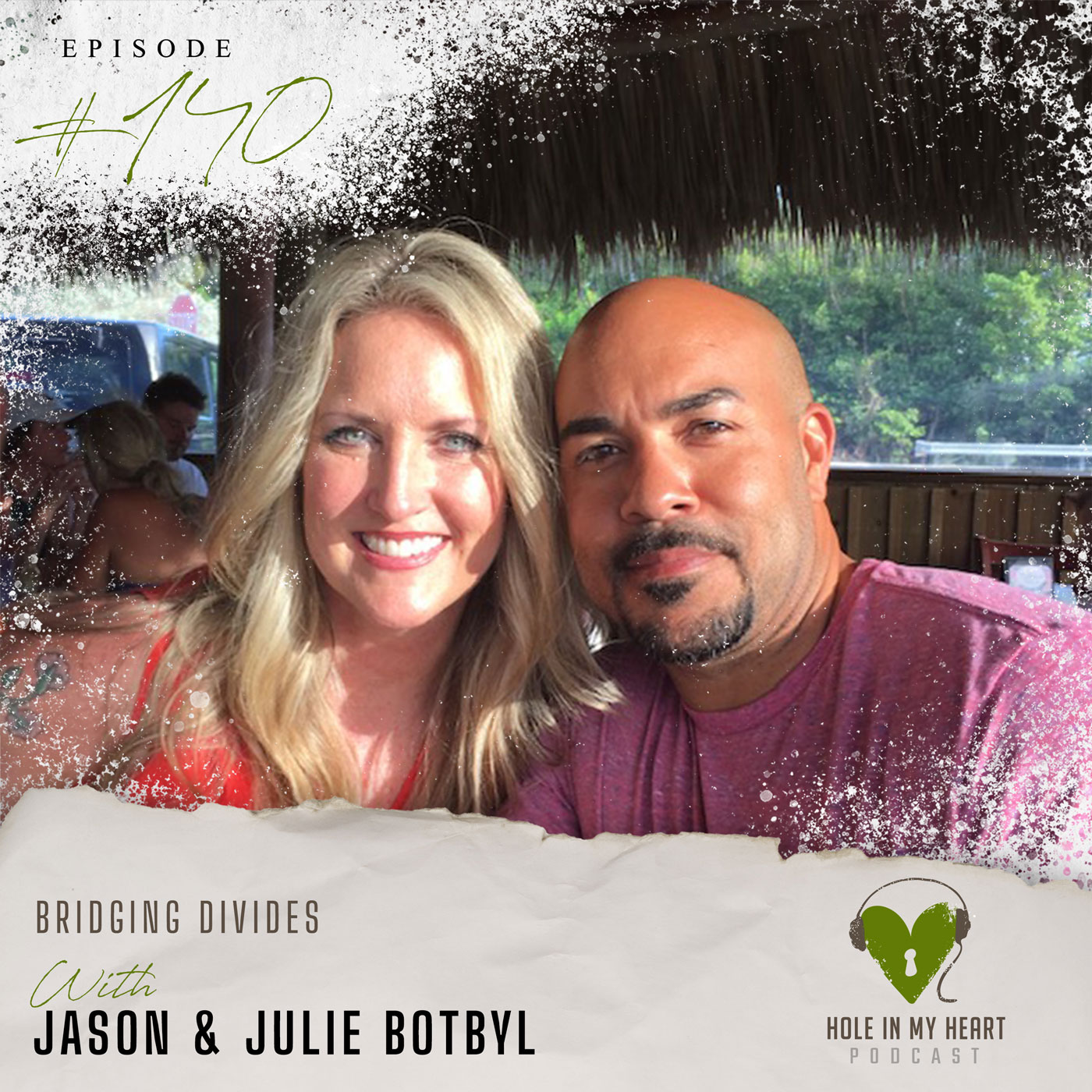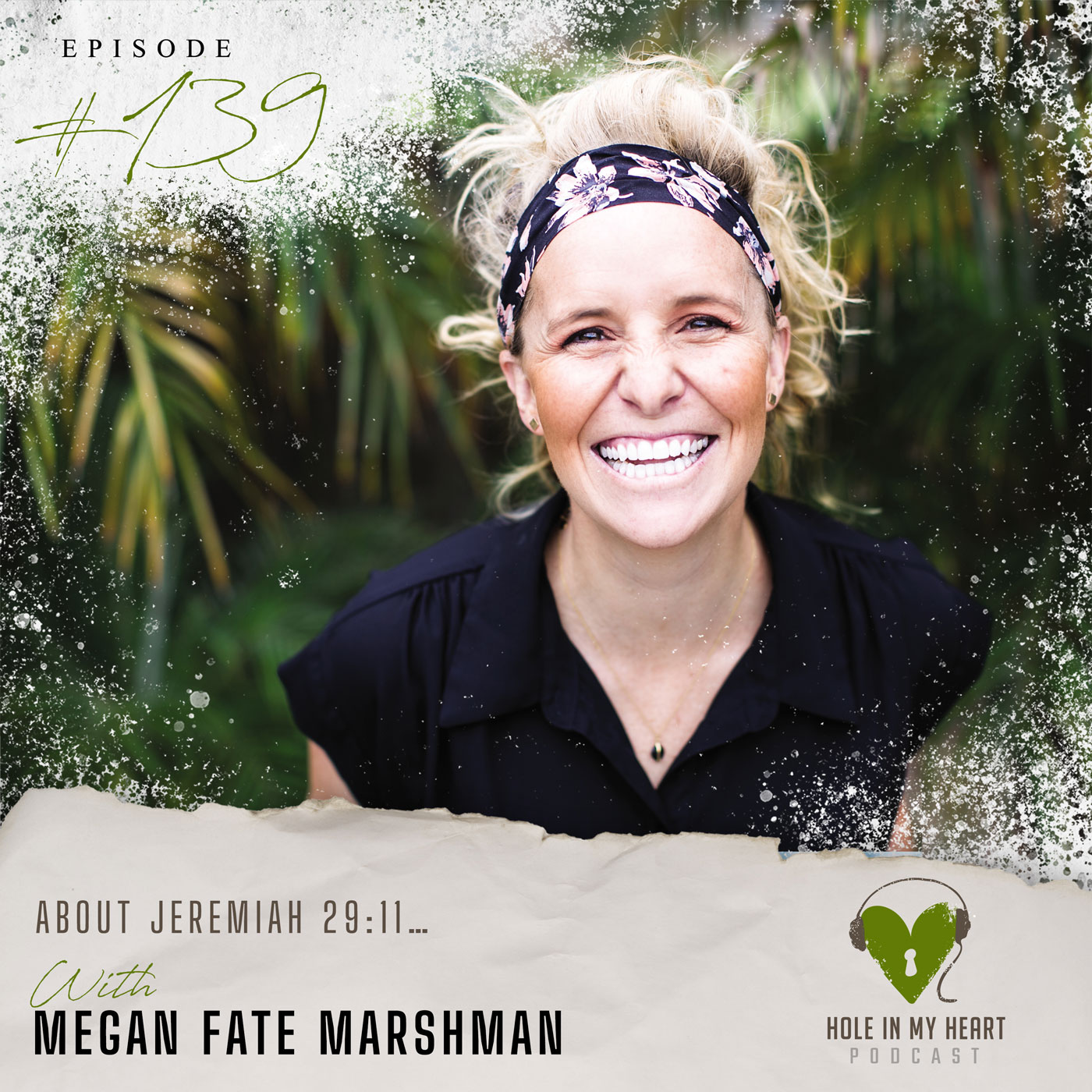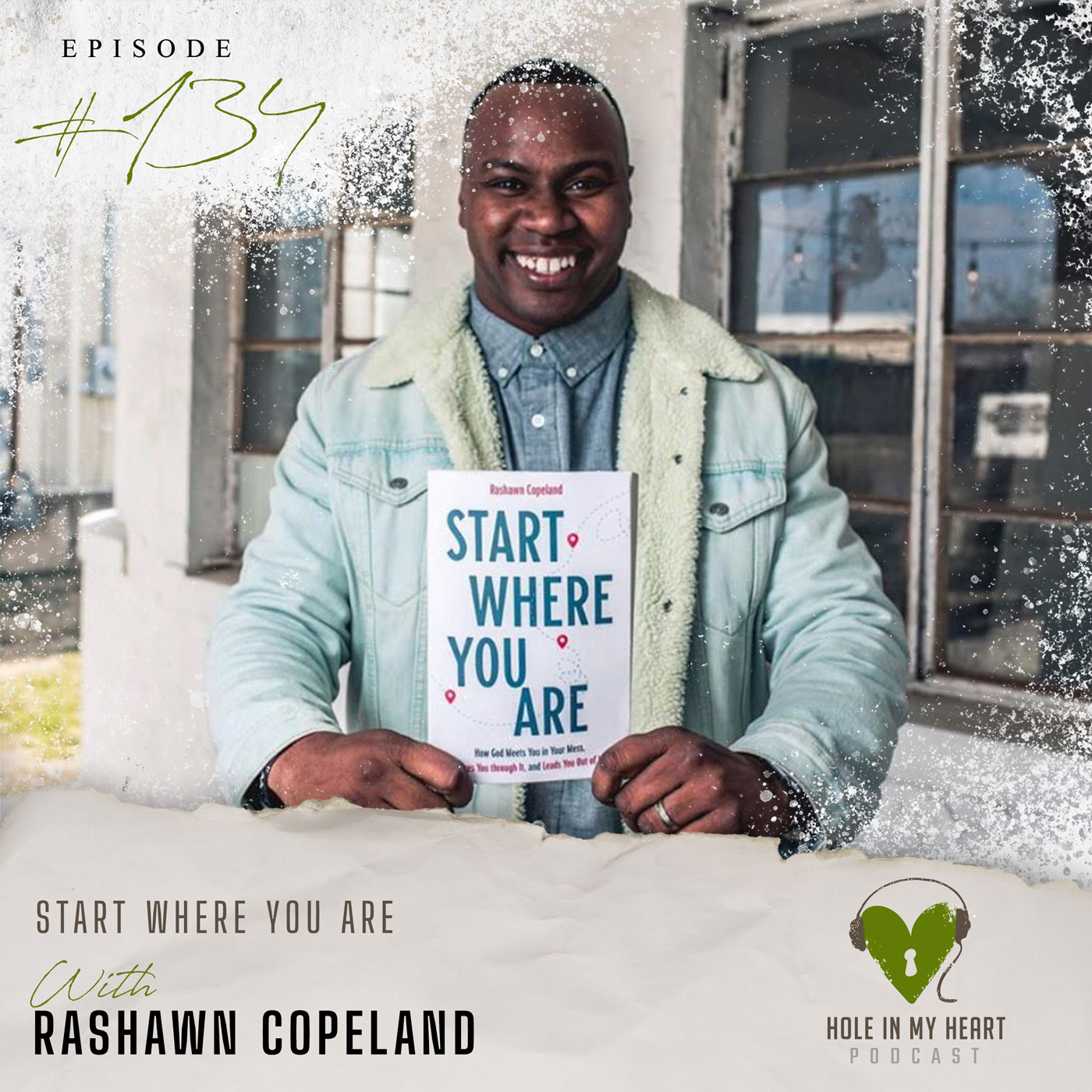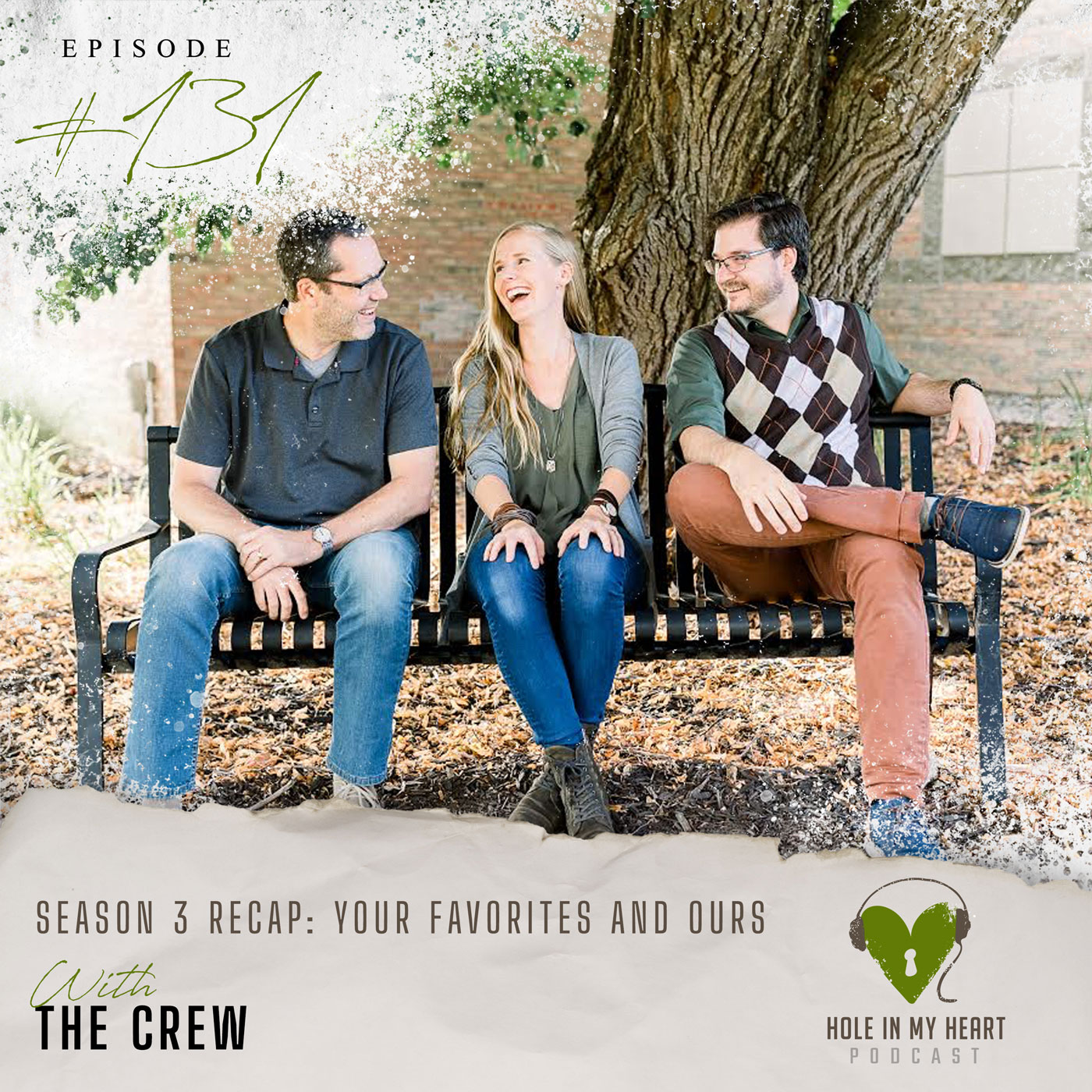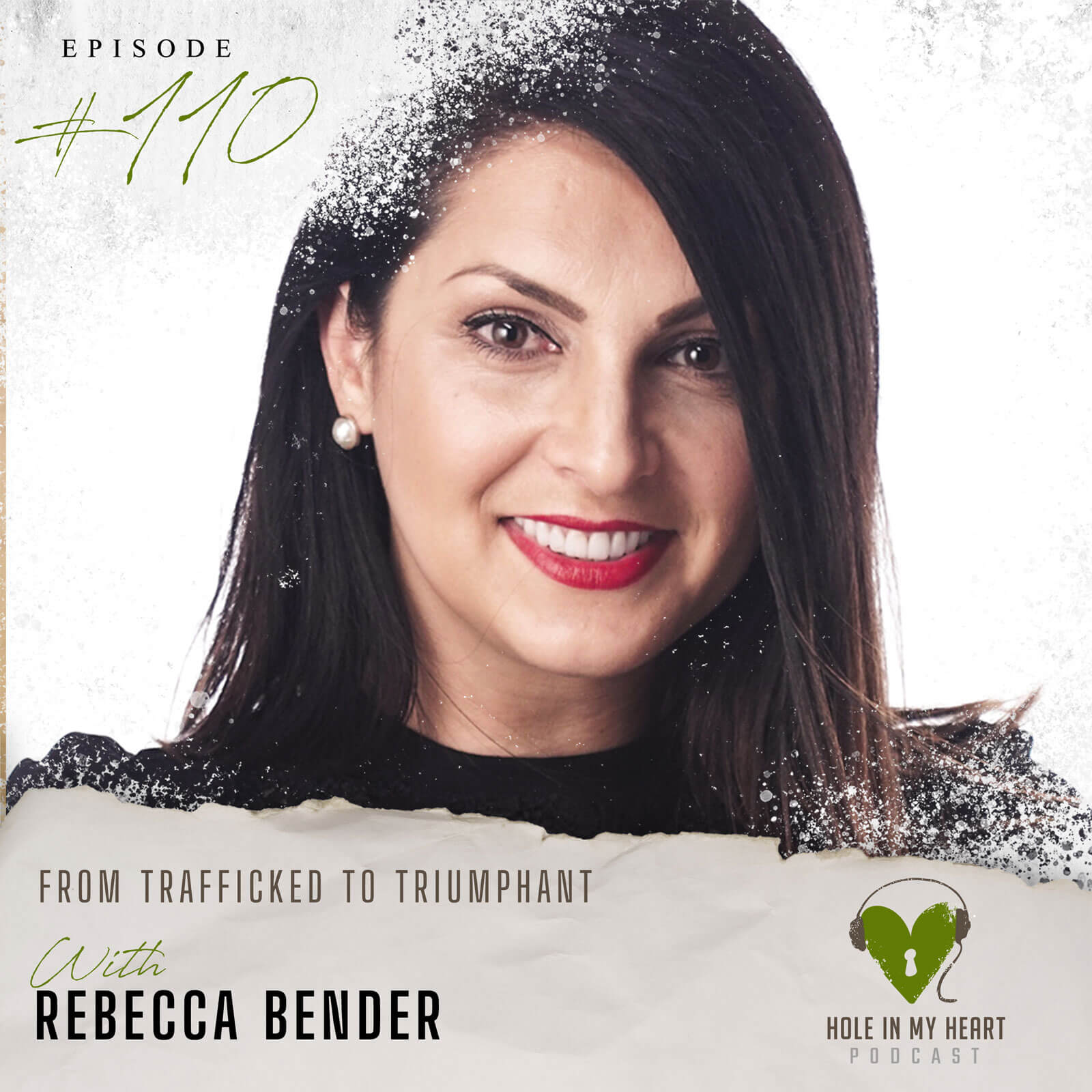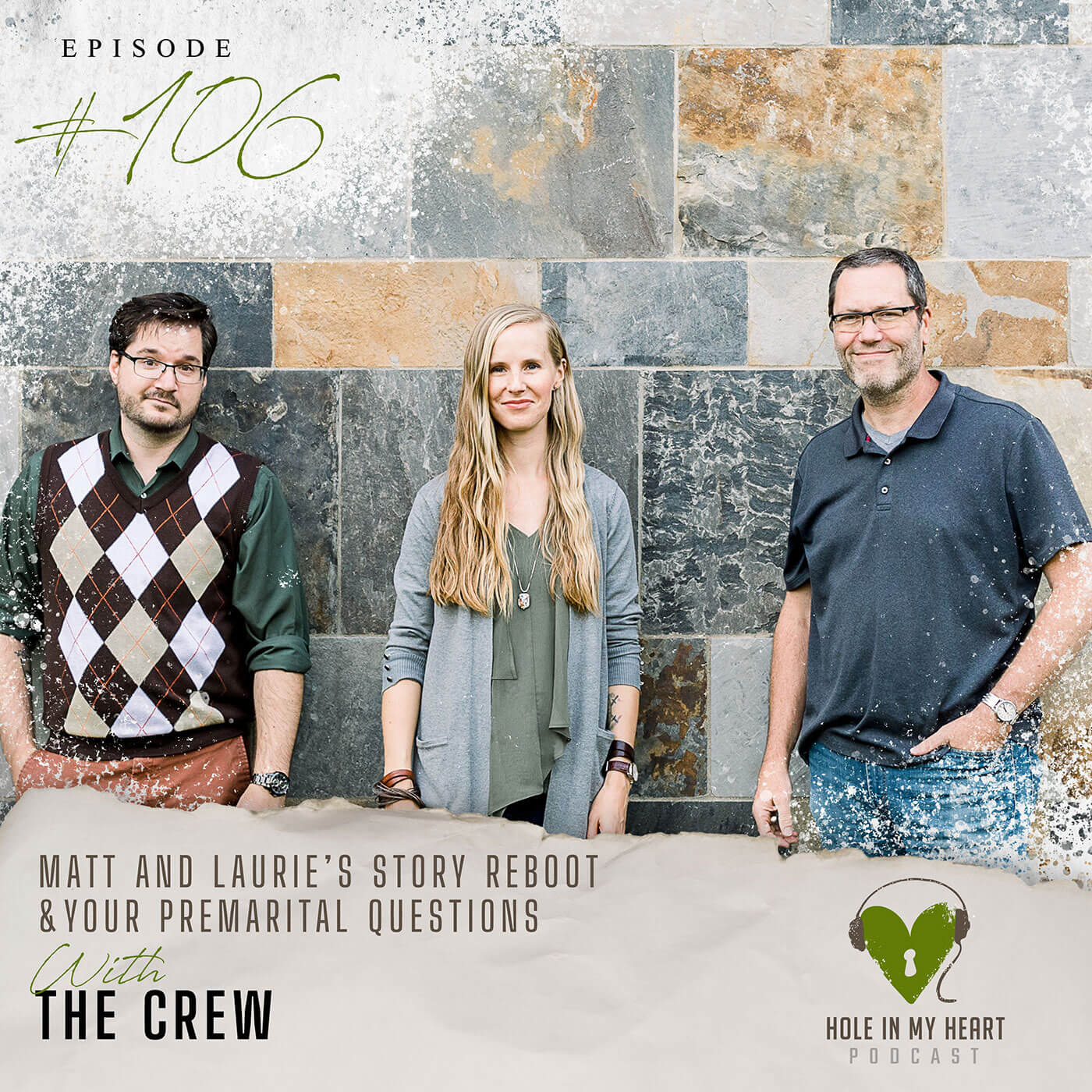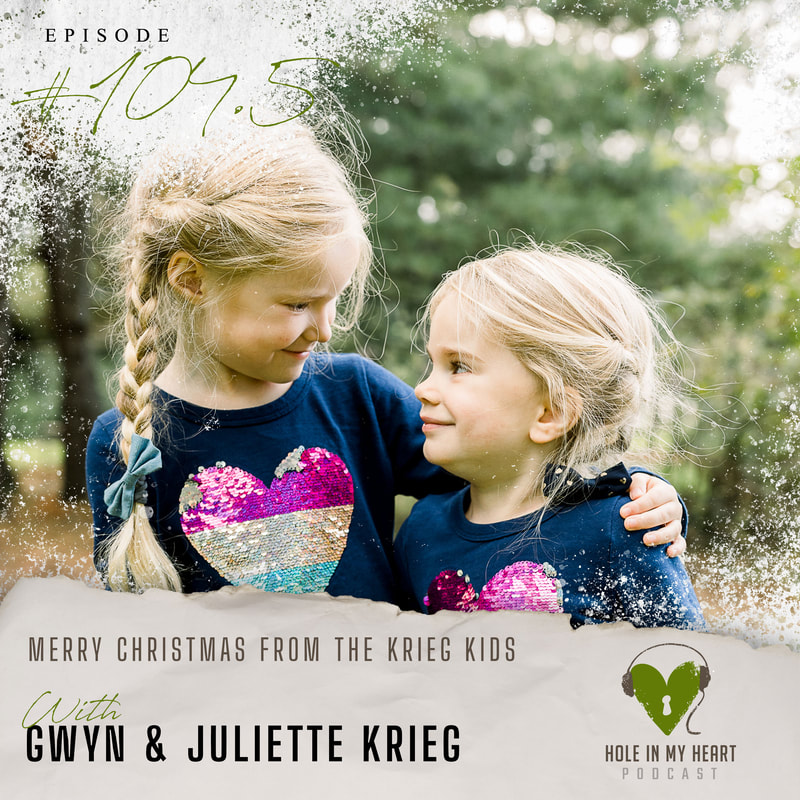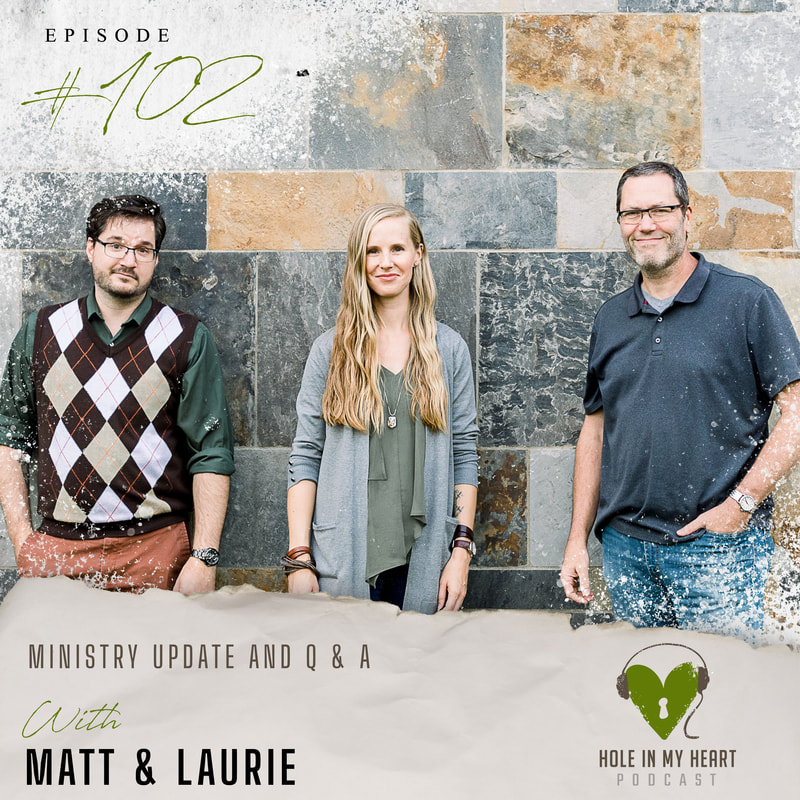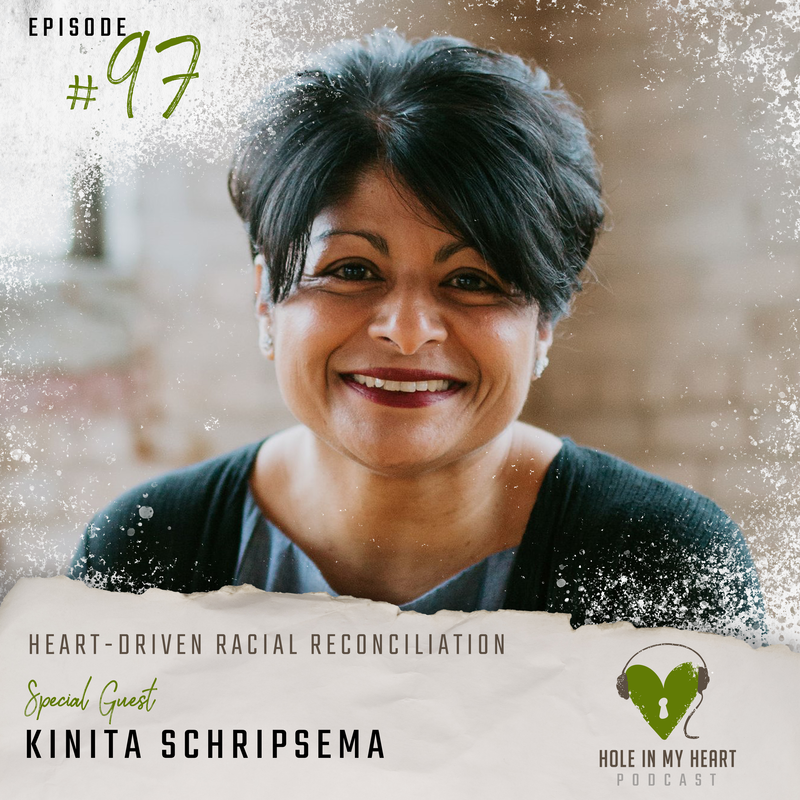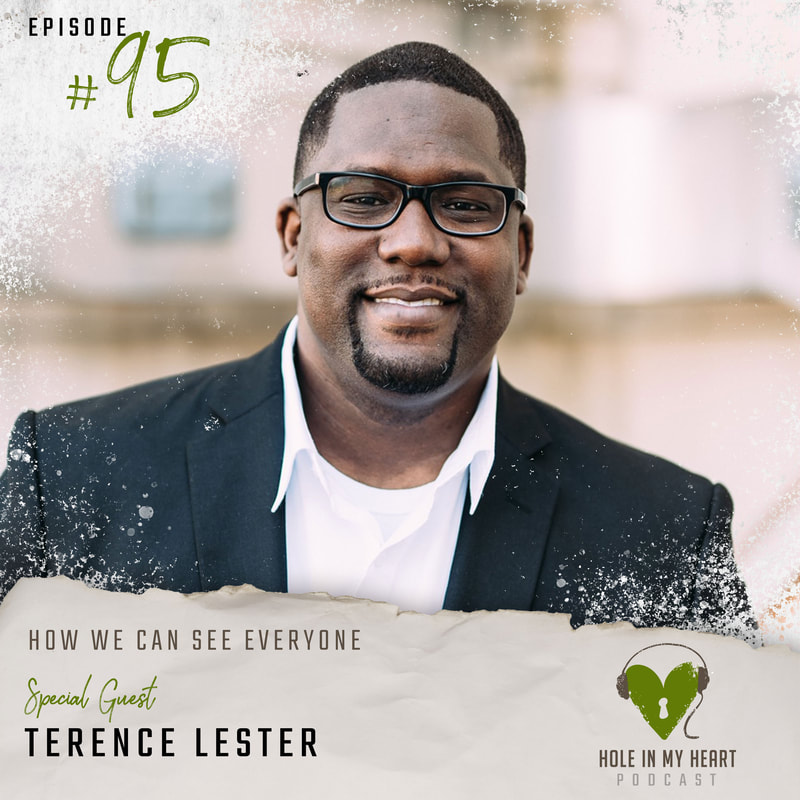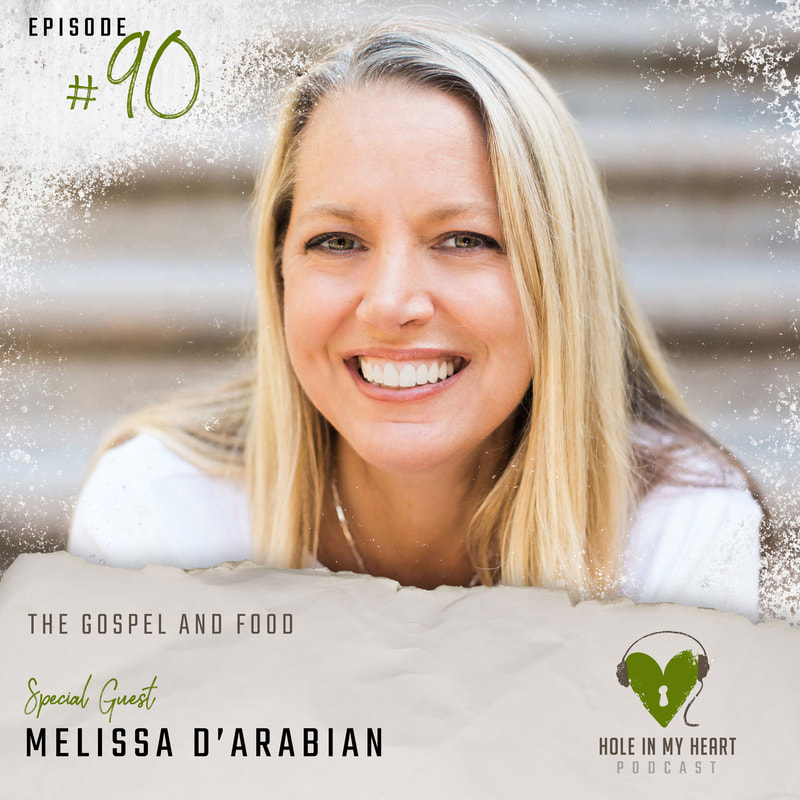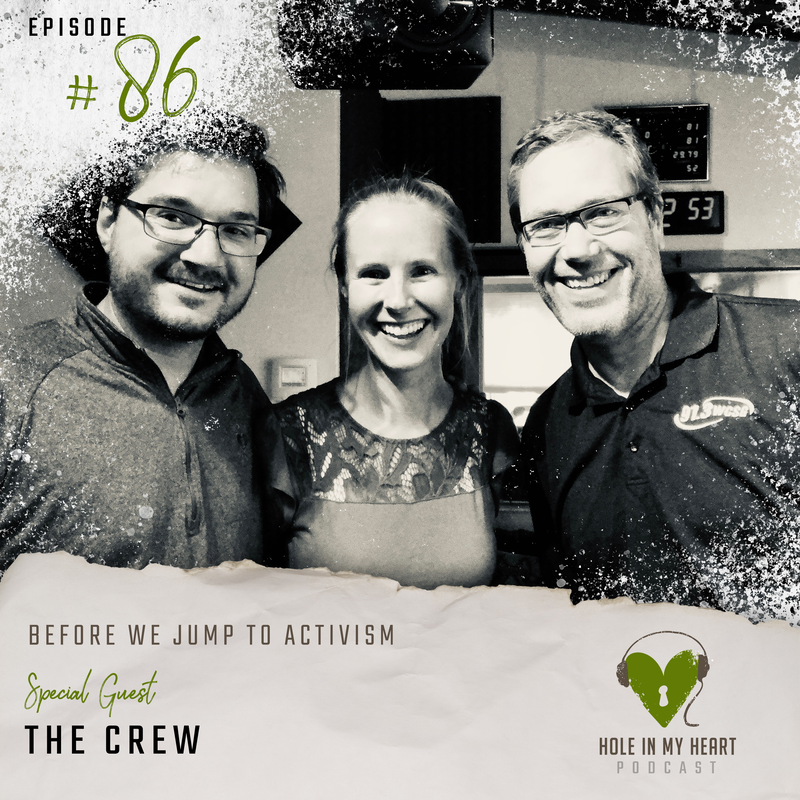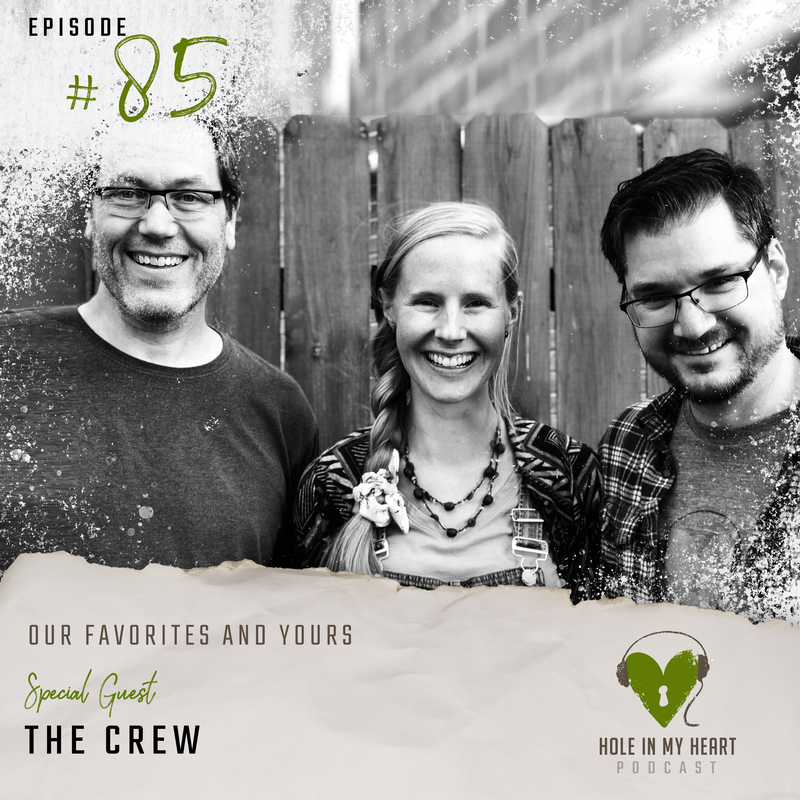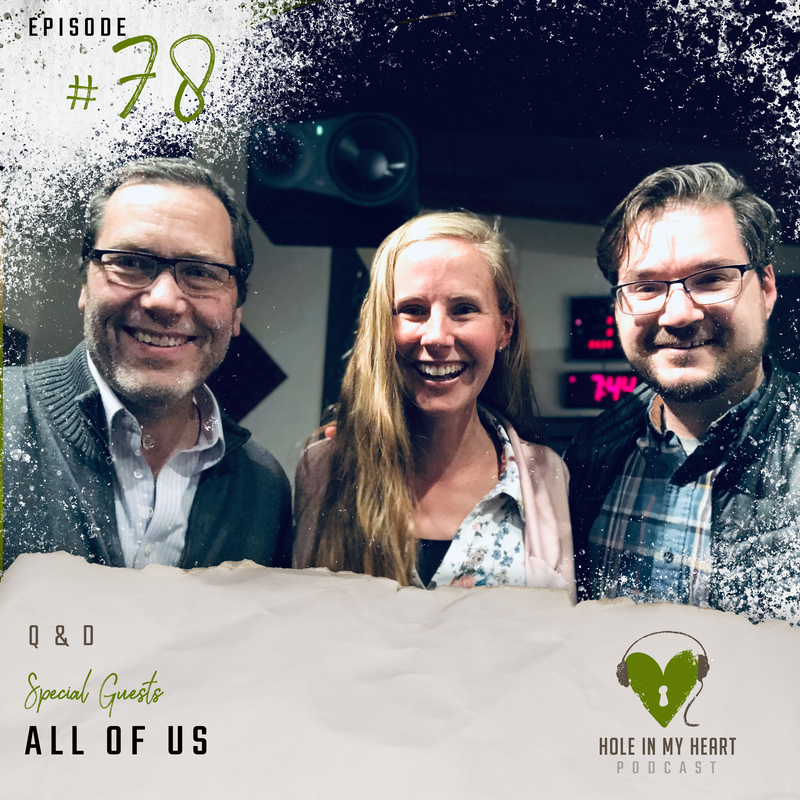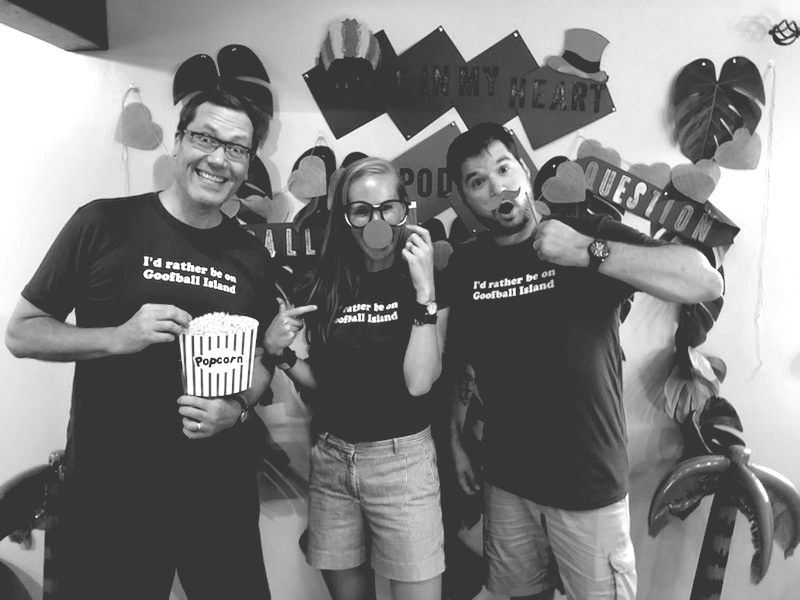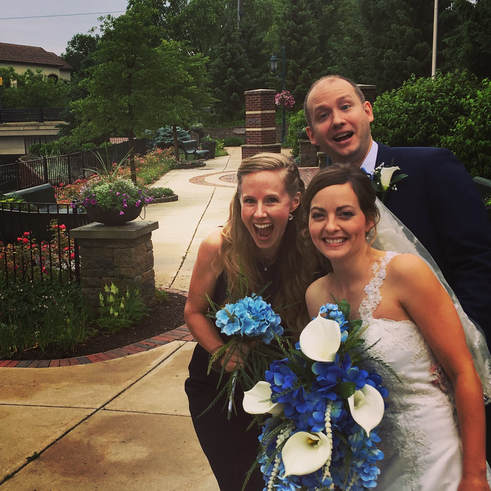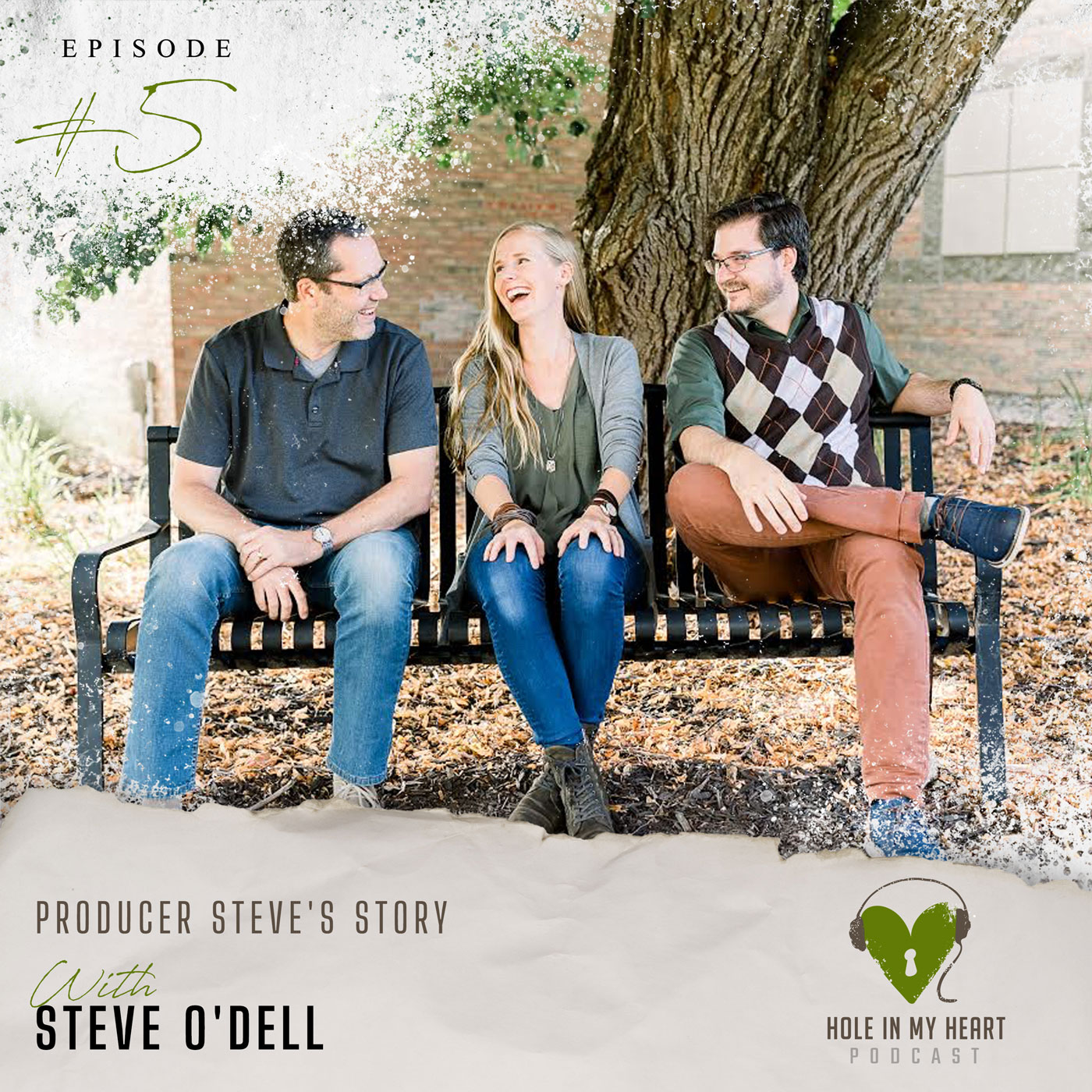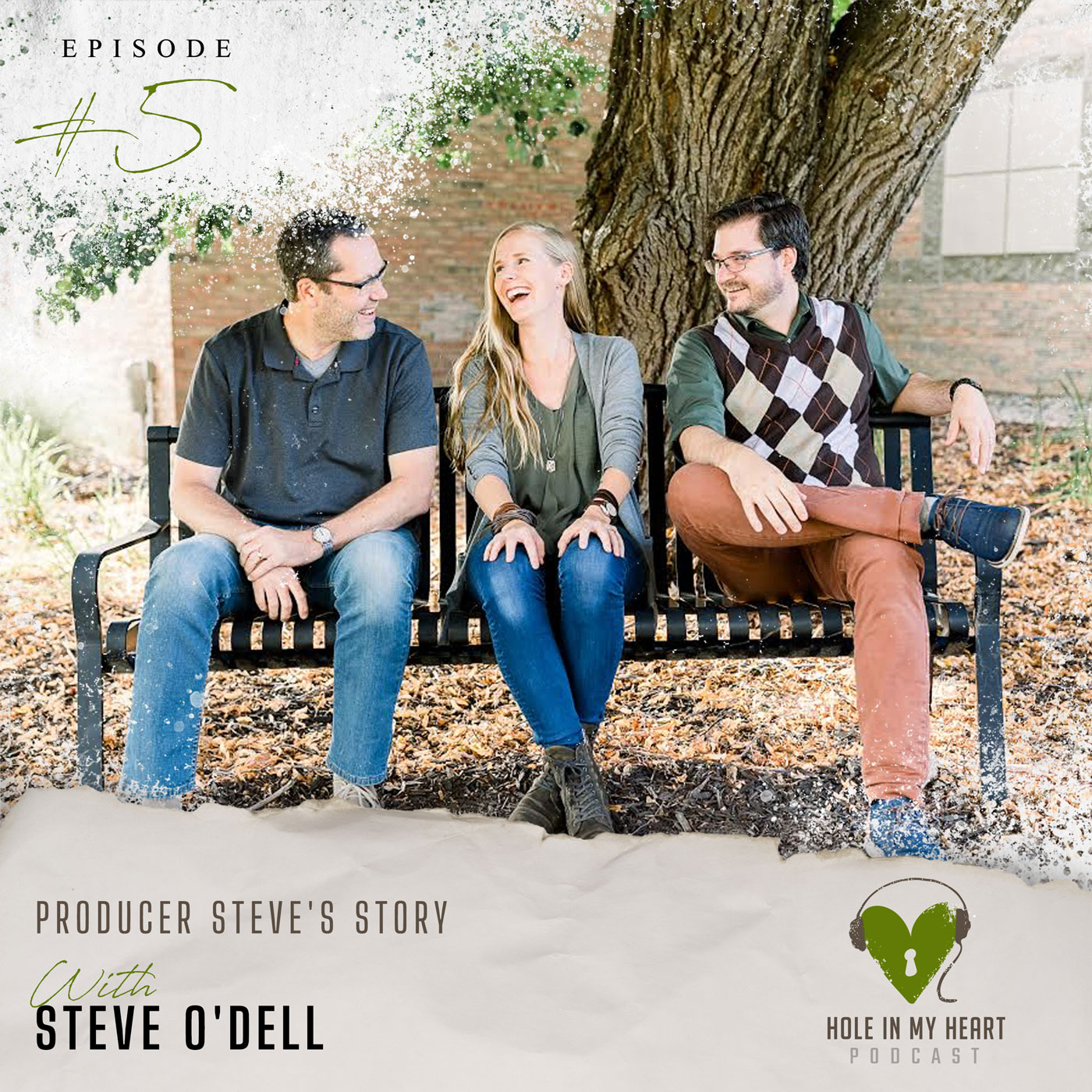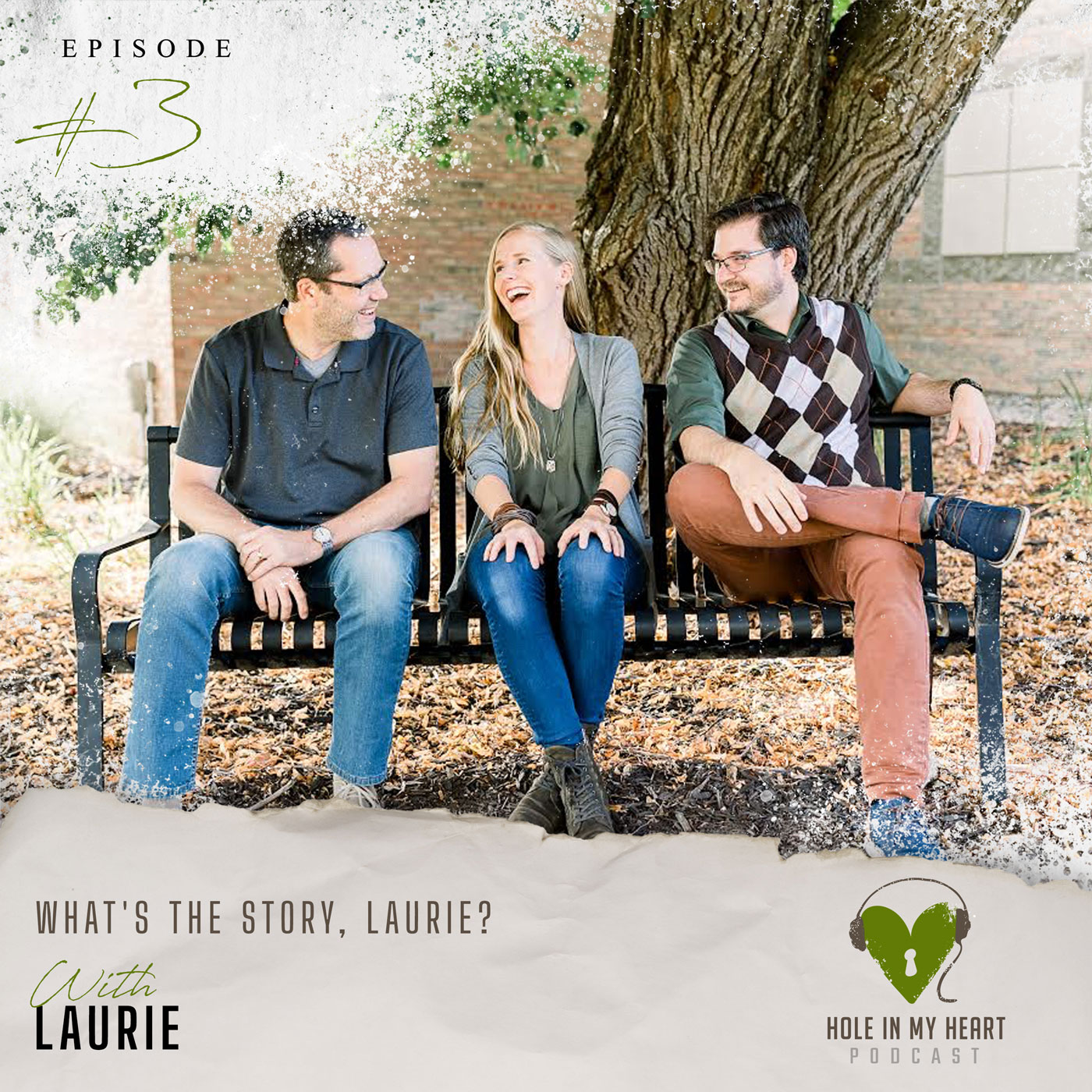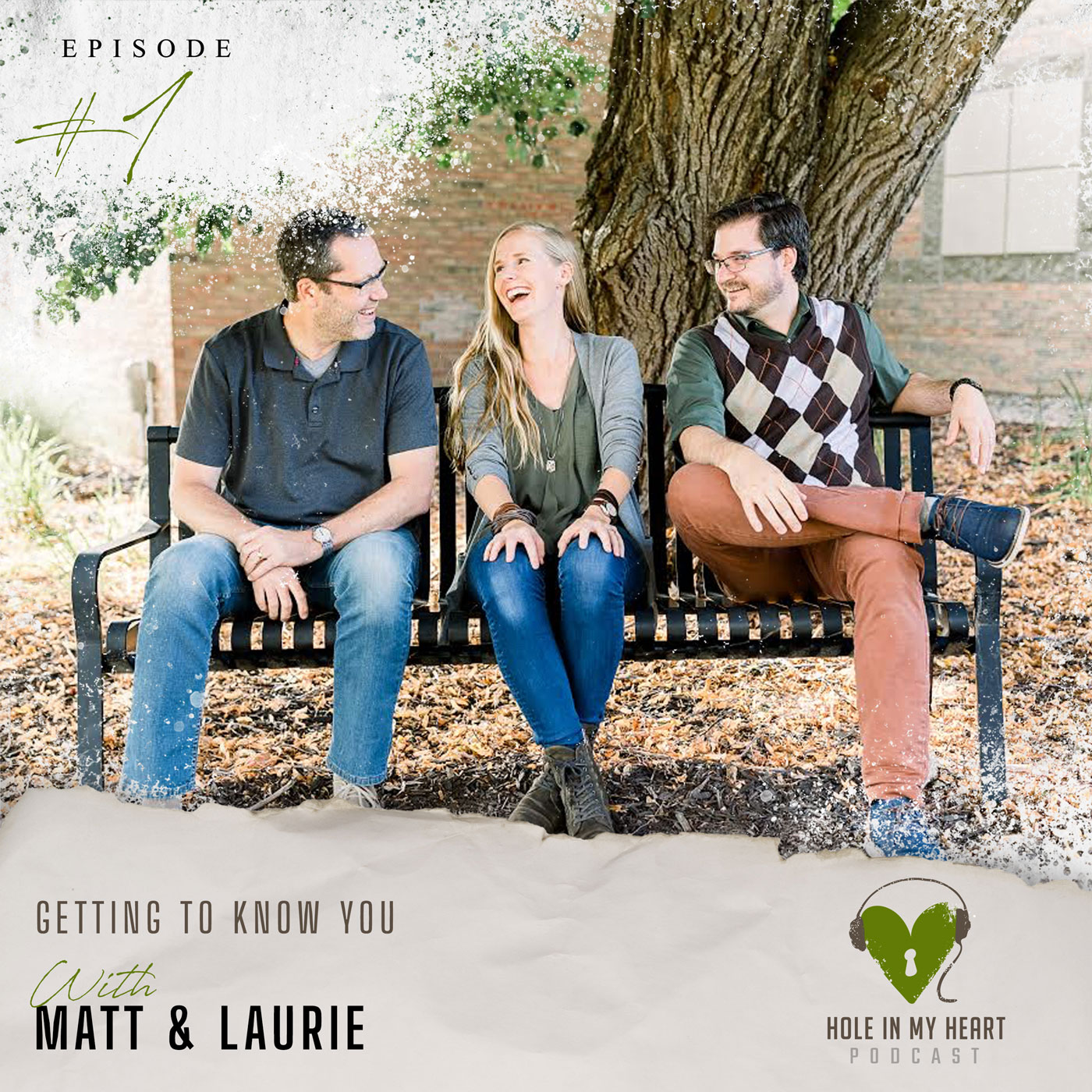Podcast category:
Stories & More


What if we are all experiencing culture shock?
Culture shock (n): the feeling of disorientation experienced by someone who is suddenly subjected to an unfamiliar culture, way of life, or set of attitudes.
We, Evangelical Americans, may rail against the culture we lived in in the 80s, 90s and early 2000s, but some of us reaped the rewards whether we recognize it or not: We could speak more freely about our faith, expect general Christian morality even in public schools, and it seemed most Americans agreed with Christians about the definition of marriage or what it means to be male or female.
Did we speak about marriage/gender/things of faith as winsomely as possible in decades past?
Absolutely not.
But some of us benefited from the culture in which Christians lived all the same.
But that cultural era is gone. What remains? “Symptoms of culture shock include loneliness, anger, and anxiety,” said intercultural communications expert, Scott Moreau (Effective Intercultural Communication 2013, 217).
(Do those emotions sound familiar?)
“For some the experience [of culture shock] is barely noticeable; for others it is so debilitating that they end up leaving the new culture and returning home,” Moreau added.
Many of us are “returning home”—but our one-way flight back takes us not to our newly unfamiliar home country, but to our hyper-niche tribes. Without the Spirit’s power, we have trouble engaging people who differ even slightly in their theological beliefs in order to quell our culture shock symptoms.
The problem with this response is that it is…well, fruit of the sinful nature. “The result of sin’s control in our lives is clear… It stirs up trouble. It separates people into their own little groups.” (Gal. 5:19-20 NIRV)
Gulp.
Yes: We need to stand on Truth. But the way many of us hold that truth while hiding from or yelling at people tells me we are letting our culture shock speak more than the Spirit.
So, how do we adjust? Renowned cultural patterns researcher, Robert Kohls, recommended a few things (in 1976, mind you). I adjusted his thoughts into biblically related recommendations:
- “The first thing to do is to pursue knowing your host country and culture as well as you can.” Translated? Let’s get curious about what we don’t understand. Learning can lead to genuine love for our enemies.
- “Look for logical reasons behind everything in the host culture which seems strange, difficult, confusing, or threatening.” Let’s ask God for His heart for people we don’t understand.
- “Avoid the temptation to disparage or otherwise talk negatively about your host culture.” Let’s first take our pain to God (not the internet), forgive those who have hurt us, and ask forgiveness of those we have injured.
- “Find a host national with whom you can talk about what you have experienced.” We need to process with others who love Jesus and have adjusted more to this new era of the world.
- “Have faith in yourself and in essential goodwill of your hosts.” I don’t have too much faith in myself or my host country, but I have faith in God who can make people out of dust and make light shine in the darkness. Let’s trust that He will never fail us nor abandon us.
Our current world is not our home, and God is using our culture shock to remind us of this reality.
Instead of giving up or hyper-tribalizing, however, let’s learn, grieve, forgive, and then roll up our sleeves and make disciples—yes, even (and especially) now.
I’m sharing this because maybe you get it.
I am sharing this because maybe you want to “get it” for your wife, your husband, your sister, your friend, or your daughter who experiences something similar to me.
I’m talking about triggering. Real, I’ve-experienced-trauma triggering.
We need to talk about it more if 70 percent of people in the United States have experienced a traumatic event, if 20 percent of those people will develop PTSD, and if one-third women and one-fifth of men have experienced some form of sexual assault.
We need to talk about it more if the goal of our lives is to glorify God and make disciples—together. We need to be aware of how many of us can get derailed from this mission, and how we can care for one another so we can stay on mission.

My little sister recently asked, “With all of the changes in your life right now—ministry, website, new employees—do you feel like you are lost in a snowstorm?”
After a minute, I said, “No, not a snowstorm. I feel quite focused and clear on where I am going in ministry. I know my calling.” I paused, thinking. What is life like right now?
“It feels more like I am in an earthquake,” I said. “Everything is shaking. All of my of old ways of doing ministry and life are shifting into different places.” Honestly? I feel like I am out of control.
These changes—this lack of control—feels like how trauma feels. The ground shook and I couldn’t change it. I was out of control and my voice disappeared.
But, Laurie, you might think. Haven’t you been working on processing trauma for the last several years? Haven’t you experienced healing? Aren’t you done yet?
Yes, I have experienced some healing. Some. A lot, maybe . . . But am I done? No.

The healing journey is less of a one-and-done surgical procedure and more like erosion from waves.
The first big wave of healing God allows in our lives may knock us over, strip away some coping mechanisms, help us to experience some of God’s presence in the midst of the wave’s crash, and encourage us to build some muscles for the next one.
The next wave comes from a different angle, challenges more muscles, different ways we cope, and teaches us a new level of Emmanuel’s with-ness in it.
The next? Oh, it’s a refresher course—a deepening— of the first wave’s intense crash. The next? Something totally new.
But sanctification, healing, and becoming like Christ is a process. A journey.
One I’m still on.
But here I am today, feeling not only the usual sanctification waves, but also as if the sand beneath my feet is cracking apart due to a lots-of-changes earthquake.
I consciously recognize the literal earth is not shaking; I recognize I am not a child going though trauma, but at the same time, I still feel out of control because I am going through change. As the leader of this ministry, I can impact it, but can I really control it? (Can we really control anything?) No. I need to walk out the awkwardness of transition while holding God’s hand.
But, it’s hard. Unpredictable, and echoes past pain.
Therefore, I can still get triggered. Triggering isn’t a sin. It just is.

And here’s how it feels for me:
Last week, one of my daughters came up behind me and grabbed my shoulders. She wanted to hug me. To be close to me. She loves me so much and expresses that most frequently through touch.
But a surprise hug for someone who has experienced trauma? A surprise touch from someone who has gone through years of counseling, deep inner healing, and walks with others who have experienced trauma but is in a season of foundation shaking change?
I lost it.
“Don’t touch me!” I yelled. She cowered, her face laced in pain, and ran away from me to cuddle my husband, Matt. He looked at me in grieved shock.
I know I know I know. I am not a yeller. If I am frustrated by something, I get really quiet and try to work it out internally before I bring it to the person with whom I am offended.
But when I’m triggered? It can be hard to control my reactions. This isn’t because trauma destroys people and turns them into out-of-control crazies. Trauma—big and small—simply affects people.
A counselor helped me to recognize one effect: I have an inner child inside who was hurt at the age traumatic event happened. If I don’t work through the wounding this little Laurie endured, that little girl will remain stuck in pain at the age it happened. When she is poked by something that reminds her of her trauma (triggers her) she wakes up and yells sentences she didn’t say when she was traumatized.
“Don’t touch me!” I needed to scream at my perpetrators years ago.
Instead, the little girl yelled it at my daughter last week.
But why?
When my daughter grabbed my shoulders and I yelled—in those microseconds between the grabbing and yelling—do you know what I felt?

I felt like someone punched me in the head as hard as they could while the ground opened up and swallowed me in a never-ending abyss.
As I fell, I sensed someone popping in front of my face, demanding, “Make a good decision. Now.”
It was two seconds, but when I am triggered—especially in this earthquake season—I can go from laughing sweetly with my family to losing it.
Again, I have gone through incredible waves of healing. I have learned that this doesn’t have to be the end of the triggered moment. I don’t have to hate myself, run away, and try to duct-tape myself back together in another room. I can stay present. I just need help.
I looked into Matt’s eyes as he held our daughter close.
“Help me,” I said quietly. I needed someone to help me remember I am not falling down a never-ending void. I was not punched. I do not have to be perfect. The ground is not shaking. I am not going through trauma.
It may feel that way, but the black hole isn’t eternal. It’s a three-feet deep cellar, and there are exit stairs. When I first went to counseling for trauma, the Holy Spirit, my therapist, and I built them.
“Just help me to find the stairs?” I asked Matt as we processed the scene later.
“But what can I say?” he asked. “I need to be there for our daughter.”
“You do need to care for her,” I said, honestly. “But when you see I am about to lose it, can you care for me (and her), too, by helping me to remember who I am? Call me into the present by looking me in the eye and saying, ‘I see you. You are safe.’?”
This helps me feel seen. You’re not alone. It helps me remember. You’re an adult not a traumatized child. It helps me to stop the falling and walk out.*
“Yeah,” he said, nodding. “I can do that.”
“Thank you.”

I apologized to my daughter. “I’m so sorry, dear girl. I was wrong to yell.” Triggering is not sin, but hurting people in the midst of it is, and I did. “Will you forgive me?”
She did. I hugged her, feeling this safe touch pour healing water into the wound I created in her that day and into the one in me from my past.
The scene took about 45 minutes, but it has been years in the making. The return on investments for trauma for the kingdom of darkness is high.
But the enemy of our soul’s payday can end.
Those of us who have experienced trauma for any reason don’t have to keep paying dividends to the darkness.
But we need you, friends, who haven’t walked through the same things we have to help us find the stairs when we are falling.
We need you, therapists, to walk us through healing and help us to build the exit stairs.
We need you, pastors, to teach us inner healing and theological rootedness.
We need you, authors and teachers, to share your wisdom and getting-it-ness.
And we all need each other—in process, on the journey, waves of sanctification crashing over us—to advance the kingdom of God together.
Will we?
*Matt isn’t always with me when I encounter a trigger spiral. Do you know who is? The Holy Spirit. This week, when I was triggered again, Matt wasn’t present, but the Holy Spirit quietly said the words I needed to hear. “Stop, Laurie. I see you. You are safe.” Yes, let’s do the soul work, get the therapy, but if we have no tangible people to pause us, God will.
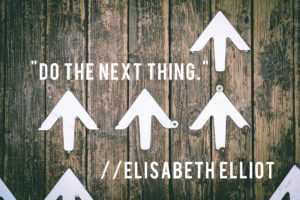
Do the Next Thing:
- Are you in relationship to someone who experiences trauma triggering sometimes? Have you ever asked them how it feels?
- If you have gone through any type of trauma, is this how trauma triggering feels to you?
- What other ways pull you out of a triggered state? Here are some of the ways I fought it this week:
- Planning Matt and my ridiculous birthday party
- Listening to Elvis music for the first time with the girls
- Calling a friend and talking about nothing
- Calling a friend and talking exactly about the trauma feeling
- Practicing gratitude
- Serving others
- Just getting stuff done in an orderly way
- Letting my small group pray over my mind and memories
- Going for a run with Jesus (Check out Ann Voskamp’s incredible blog post on this…)
- Practicing quiet and listening prayer with Jesus (That PauseApp, though)
- Plopping my leather Bible on my lap and meditating on Psalm 46: 1-2: “God is our refuge and strength, always ready to help in times of trouble. So we will not fear when earthquakes come and the mountains crumble into the sea.”
- Stopping everything when I feel myself start to fall into a panicked, “I’m out of control” earthquake feeling. I stop and breathe-pray, “If, you, Jesus walked while doing your ministry, so can I. I don’t have to run. I don’t have to panic. I am okay. I am safe with you.”
- What do you do?
